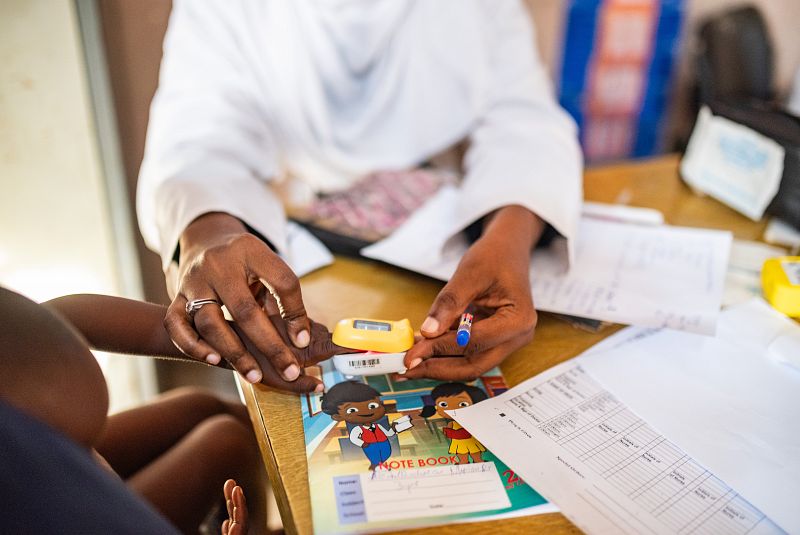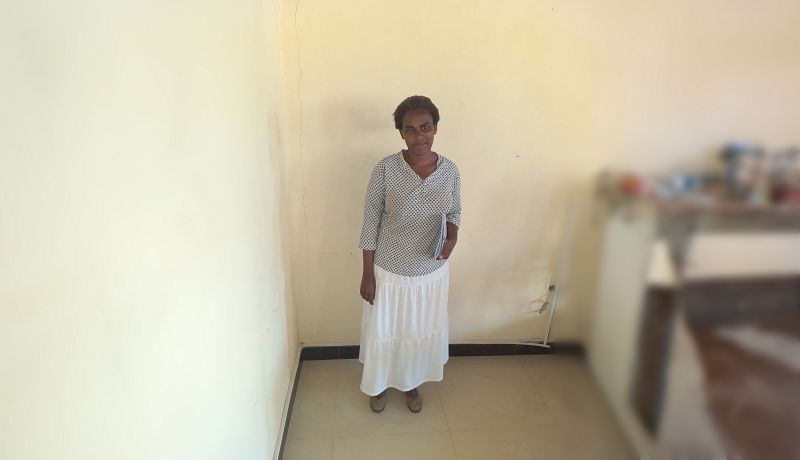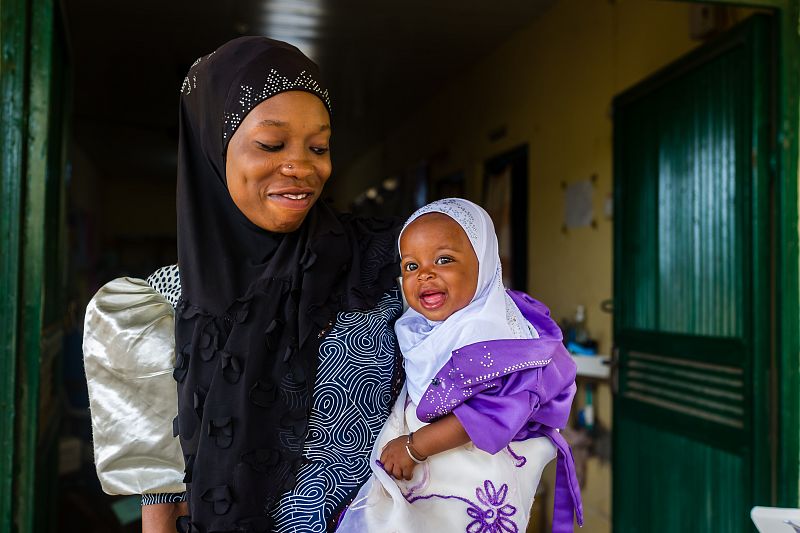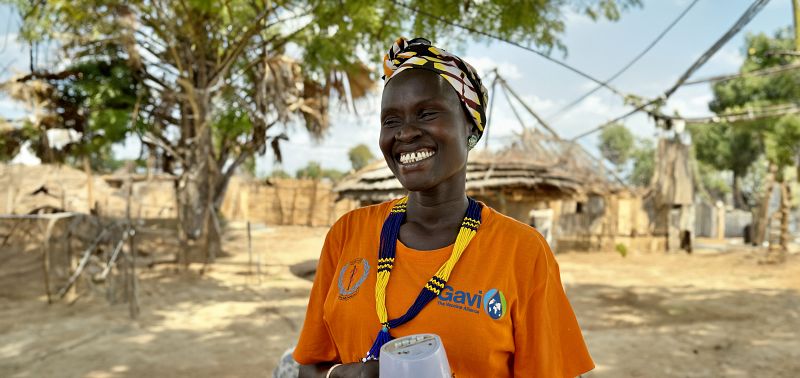Publications
Explore our publications to find useful evidence, lessons and recommendations from our work across Africa and Asia
Type
- Advocacy and positioning
- Advocacy briefs
- Advocacy reports
- Annual reviews
- Brochures
- Capacity statements
- Position statements
- Conference
- Briefing notes
- Posters
- Presentations
- Guidance and toolkits
- Guidance
- Training materials
- Learning
- Case studies
- Infographics
- Insight briefs
- Learning briefs
- Learning papers
- Newsletters
- Research and Technical
- Journal articles
- Project briefs
- Project reports
- Research briefs
- Synopses
- Technical briefs
Keyword
- ASTMH
- Advocacy
- COVID-19
- Capacity development
- Case management
- Case study
- Chemoprevention
- Child survival
- Climate
- Community delivery
- Costing and economic impact evaluation
- Data-informed decision-making
- Diagnosis
- Digital health
- Elimination
- Evidence generation
- Gender
- Genetic modification
- Health financing
- Health system strengthening
- Learning
- Logistics
- MNCH
- Malaria in pregnancy
- Monitoring and evaluation
- PMC
- Philanthropy
- Policy development
- Private sector
- Quality improvement
- Research
- Resistance management
- SBC
- SDGs
- SMC
- Scaled implementation
- Scholarships
- Surveillance
- Treatment
- Universal health coverage
- Urbanisation
- Vaccines
- Vector control
- Webinars
- iCCM
Diseases
Country
Language
Reset all search optionsCurrent search filters (225 results match ALL terms):
Diagnosis
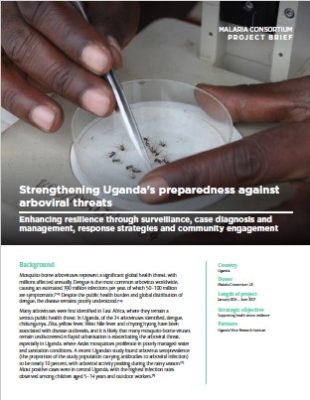 28/03/2024
Project brief
28/03/2024
Project brief
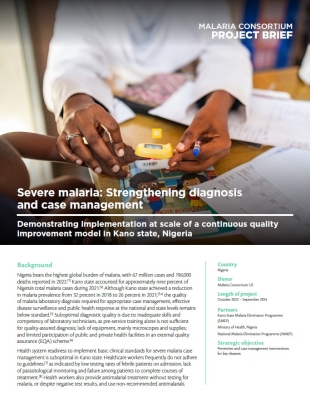 27/02/2024
Project brief
27/02/2024
Project brief
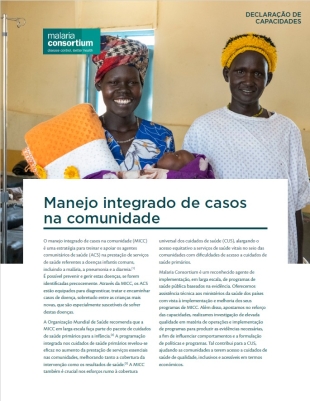 22/01/2024
Capacity statement
22/01/2024
Capacity statement
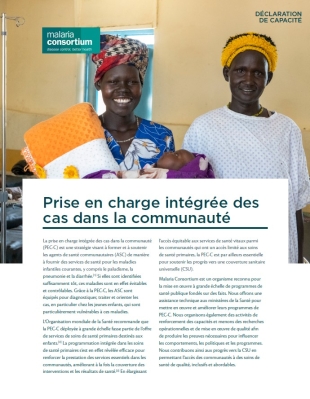 22/01/2024
Capacity statement
22/01/2024
Capacity statement
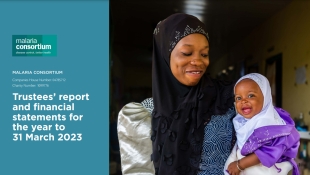 02/01/2024
Annual review
02/01/2024
Annual review
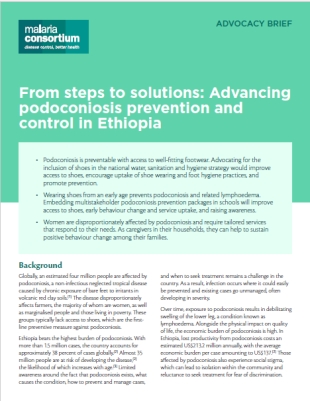 31/10/2023
Advocacy brief
31/10/2023
Advocacy brief
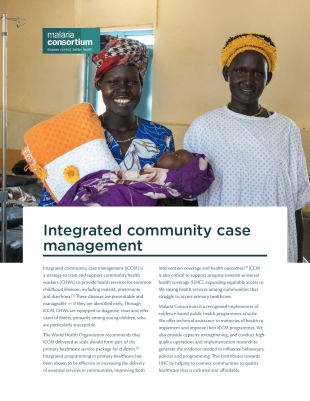 20/09/2023
Capacity statement
20/09/2023
Capacity statement
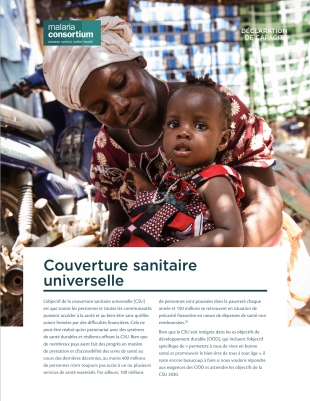 21/08/2023
Capacity statement
21/08/2023
Capacity statement
 21/07/2023
Journal article
21/07/2023
Journal article
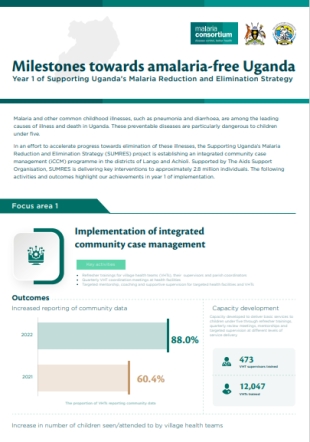 27/06/2023
Infographic
27/06/2023
Infographic
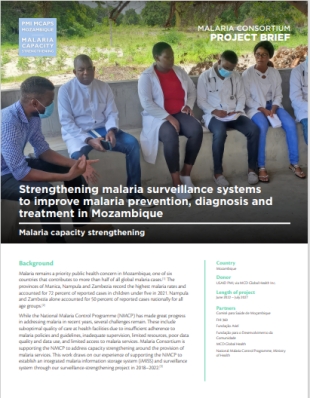 01/06/2023
Project brief
01/06/2023
Project brief
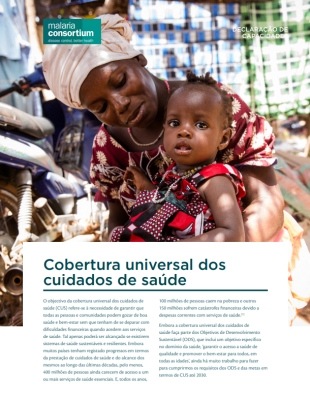 26/05/2023
Capacity statement
26/05/2023
Capacity statement
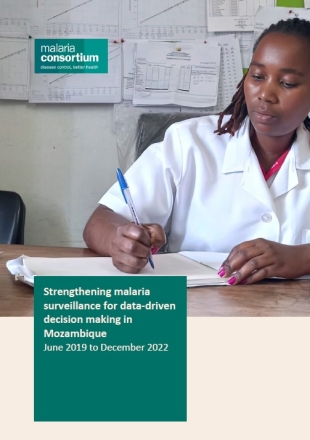 11/05/2023
Project report
11/05/2023
Project report
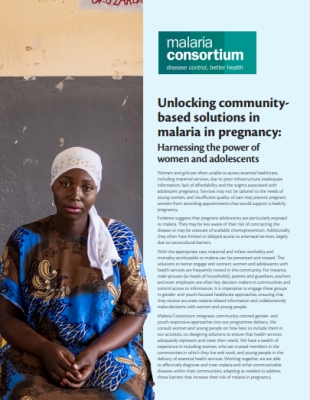 10/05/2023
Brochure
10/05/2023
Brochure
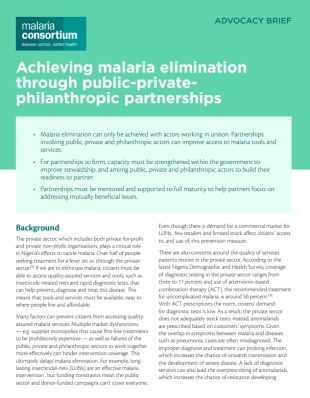 25/04/2023
Advocacy brief
25/04/2023
Advocacy brief
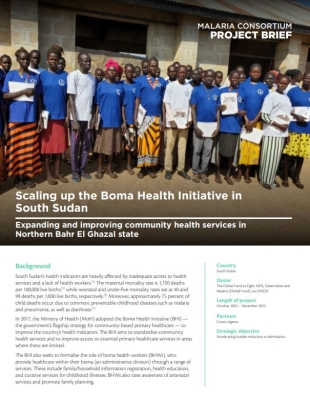 27/03/2023
Project brief
27/03/2023
Project brief
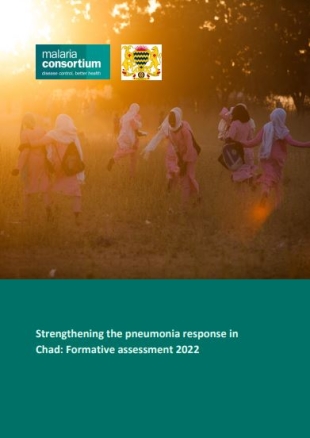 16/03/2023
Project report
16/03/2023
Project report
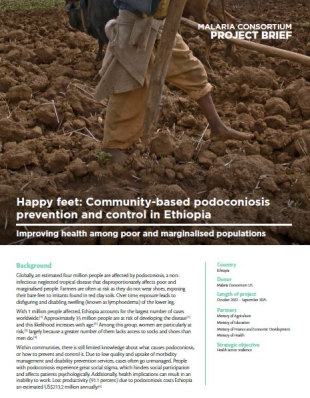 30/01/2023
Project brief
30/01/2023
Project brief
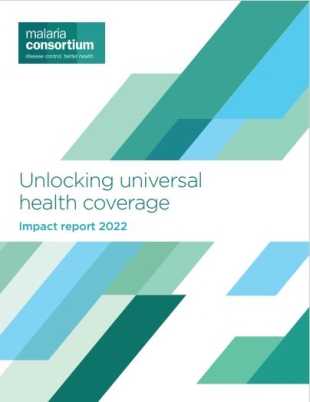 10/01/2023
Annual review
10/01/2023
Annual review
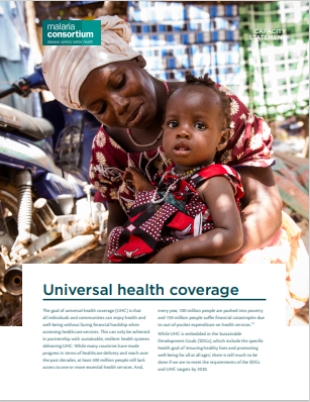 12/12/2022
Capacity statement
12/12/2022
Capacity statement
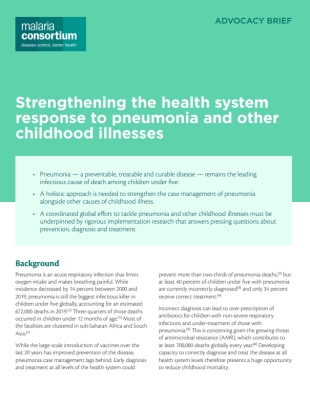 01/12/2022
Advocacy brief
01/12/2022
Advocacy brief
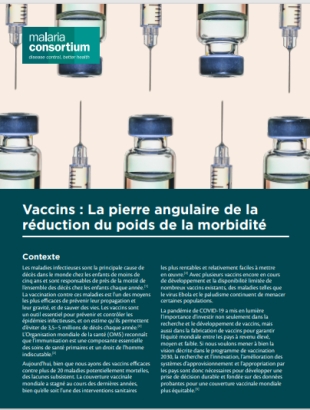 22/11/2022
Position statement
22/11/2022
Position statement
 14/11/2022
Position statement
14/11/2022
Position statement
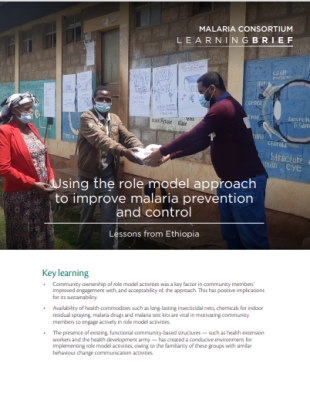 02/09/2022
Learning brief
02/09/2022
Learning brief
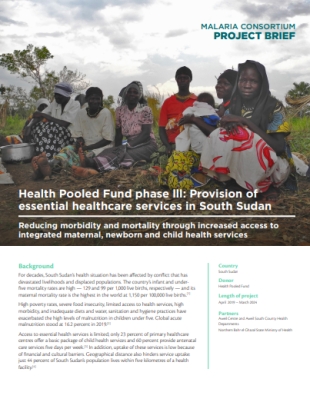 13/07/2022
Project brief
13/07/2022
Project brief
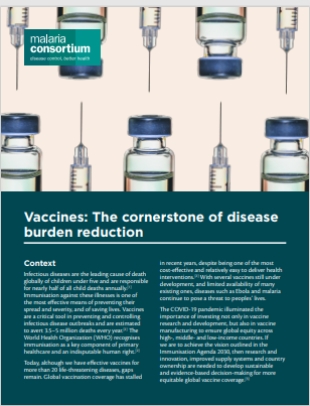 13/07/2022
Position statement
13/07/2022
Position statement
 01/07/2022
Journal article
01/07/2022
Journal article
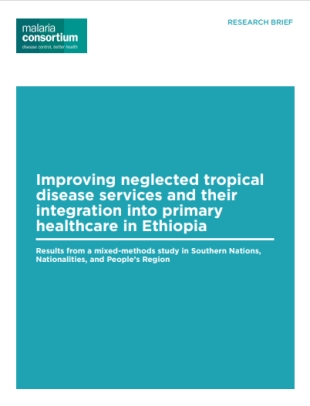 23/06/2022
Research brief
23/06/2022
Research brief
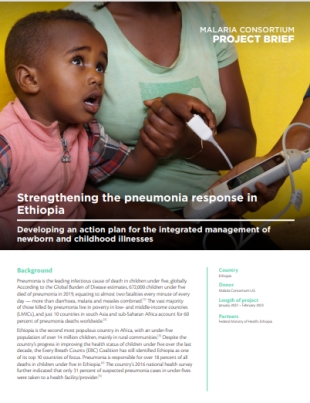 21/06/2022
Project brief
21/06/2022
Project brief
 16/06/2022
Journal article
16/06/2022
Journal article
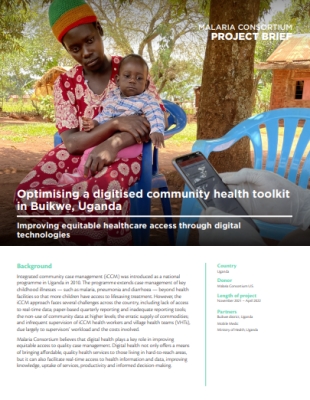 26/03/2022
Project brief
26/03/2022
Project brief
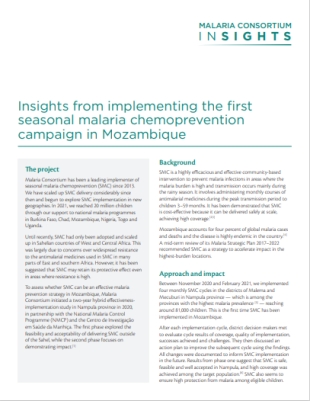 14/03/2022
Insight brief
14/03/2022
Insight brief
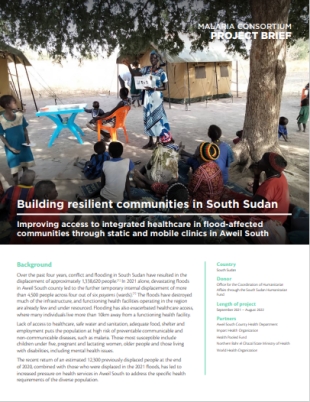 11/03/2022
Project brief
11/03/2022
Project brief
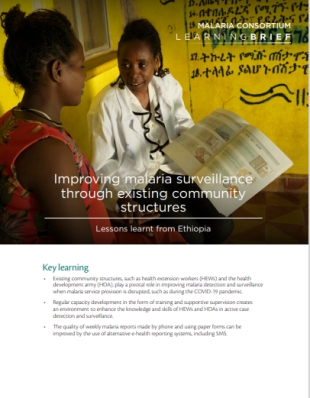 03/03/2022
Learning brief
03/03/2022
Learning brief
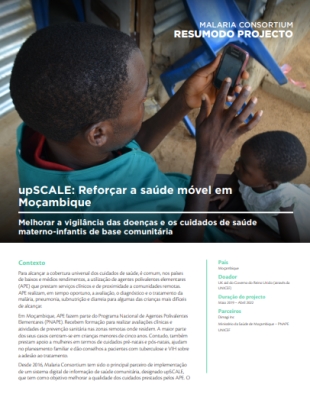 02/02/2022
Project brief
02/02/2022
Project brief
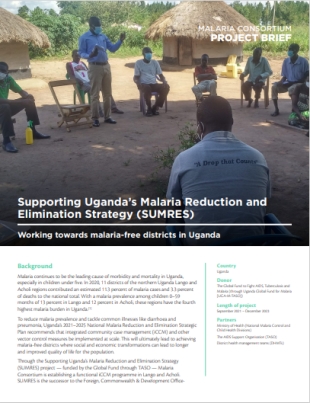 26/01/2022
Project brief
26/01/2022
Project brief
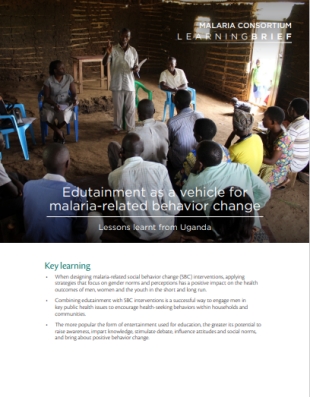 25/01/2022
Learning brief
25/01/2022
Learning brief
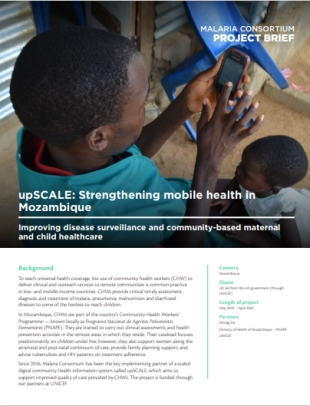 10/01/2022
Project brief
10/01/2022
Project brief
 04/12/2021
Journal article
04/12/2021
Journal article
 25/10/2021
Journal article
25/10/2021
Journal article
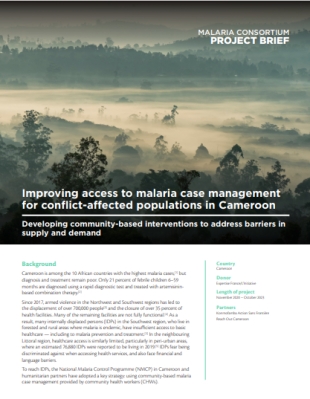 15/10/2021
Project brief
15/10/2021
Project brief
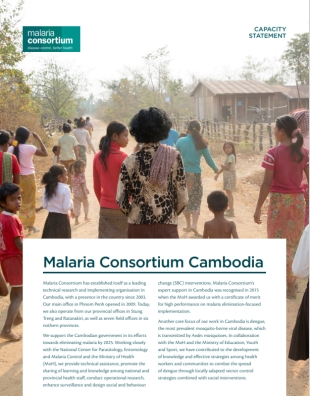 24/09/2021
Capacity statement
24/09/2021
Capacity statement
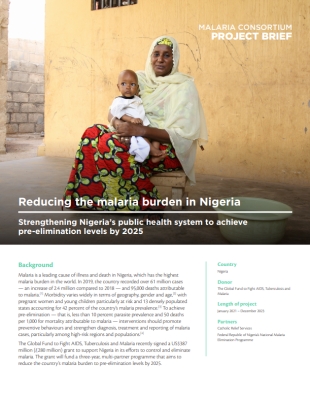 10/08/2021
Project brief
10/08/2021
Project brief
 05/08/2021
Journal article
05/08/2021
Journal article
 23/07/2021
Journal article
23/07/2021
Journal article
 22/07/2021
Journal article
22/07/2021
Journal article
 13/06/2021
Journal article
13/06/2021
Journal article
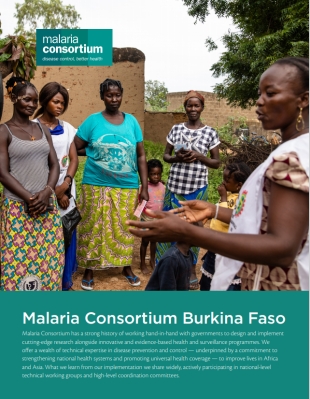 09/06/2021
Brochure
09/06/2021
Brochure
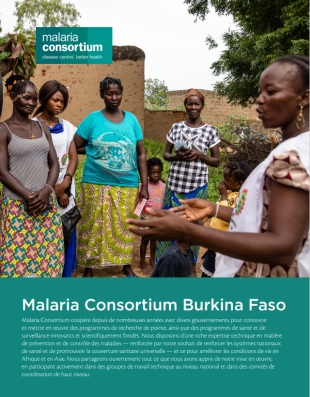 09/06/2021
Brochure
09/06/2021
Brochure
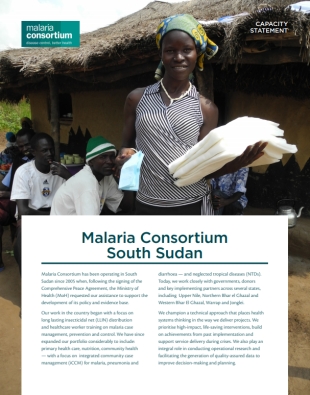 28/05/2021
Capacity statement
28/05/2021
Capacity statement
 24/05/2021
Journal article
24/05/2021
Journal article
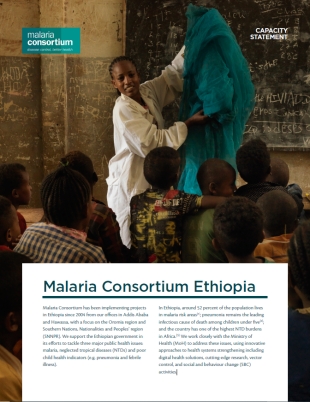 19/04/2021
Capacity statement
19/04/2021
Capacity statement
 31/03/2021
Journal article
31/03/2021
Journal article
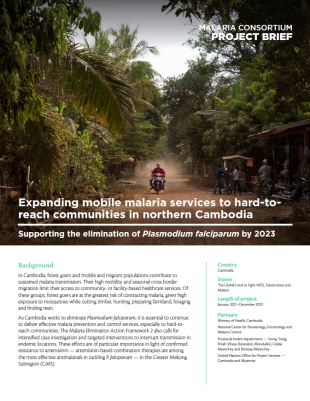 24/02/2021
Project brief
24/02/2021
Project brief
 22/02/2021
Journal article
22/02/2021
Journal article
 10/02/2021
Journal article
10/02/2021
Journal article
 09/01/2021
Journal article
09/01/2021
Journal article
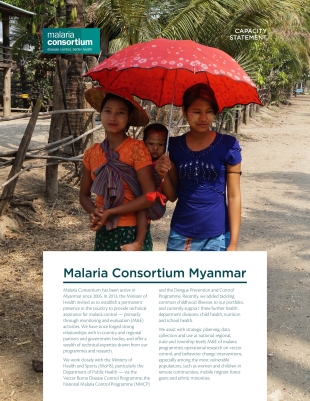 23/12/2020
Capacity statement
23/12/2020
Capacity statement
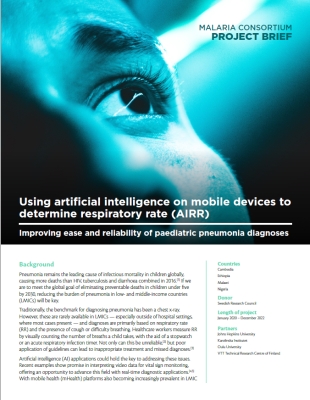 11/11/2020
Project brief
11/11/2020
Project brief
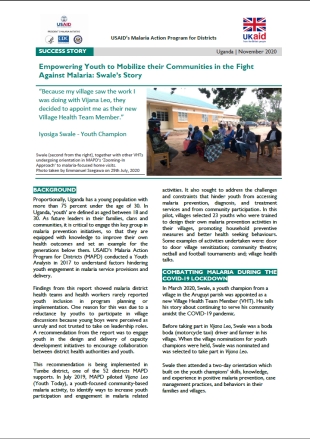 03/11/2020
Case study
03/11/2020
Case study
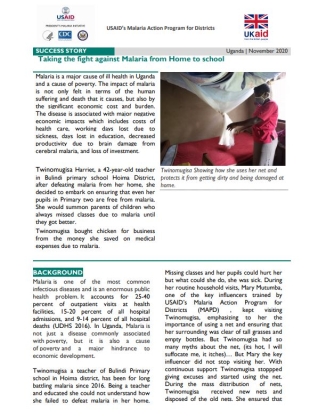 03/11/2020
Case study
03/11/2020
Case study
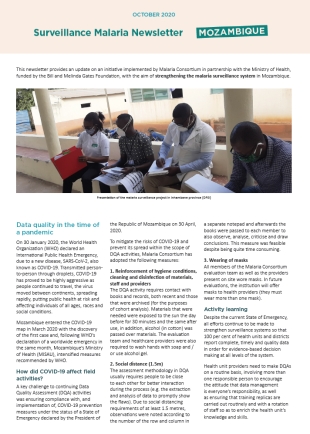 01/11/2020
Newsletter
01/11/2020
Newsletter
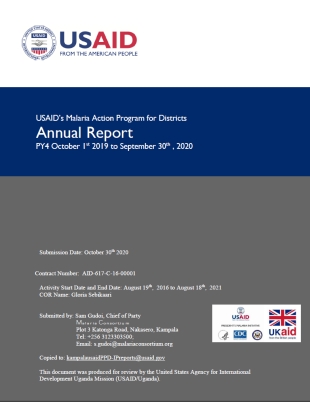 30/10/2020
Project report
30/10/2020
Project report
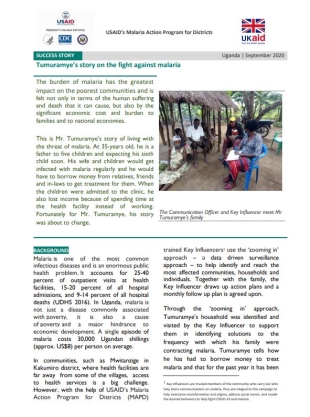 15/09/2020
Case study
15/09/2020
Case study
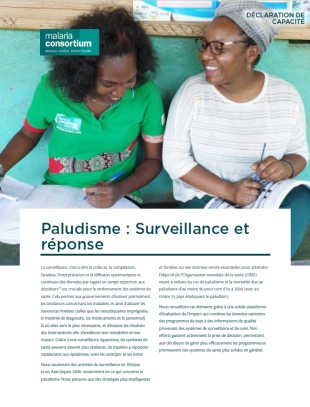 26/08/2020
Capacity statement
26/08/2020
Capacity statement
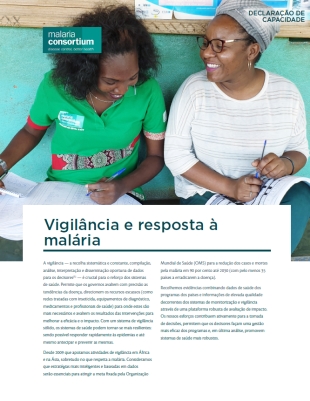 26/08/2020
Capacity statement
26/08/2020
Capacity statement
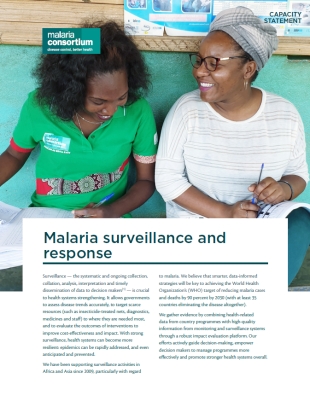 29/07/2020
Capacity statement
29/07/2020
Capacity statement
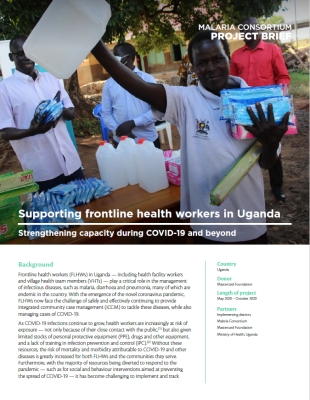 23/07/2020
Project brief
23/07/2020
Project brief
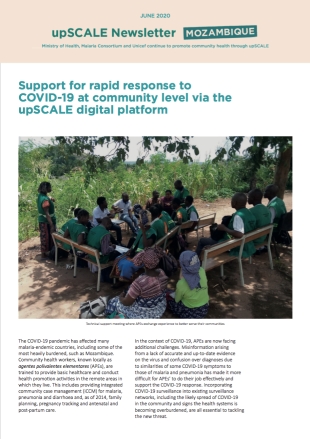 02/07/2020
Newsletter
02/07/2020
Newsletter
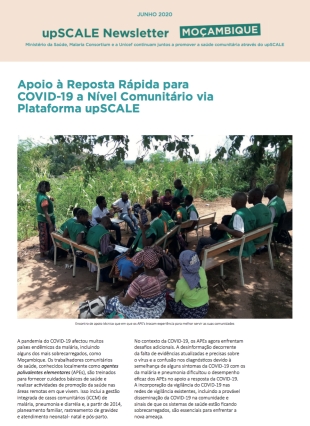 02/07/2020
Newsletter
02/07/2020
Newsletter
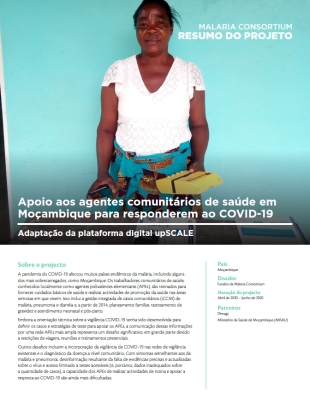 18/06/2020
Project brief
18/06/2020
Project brief
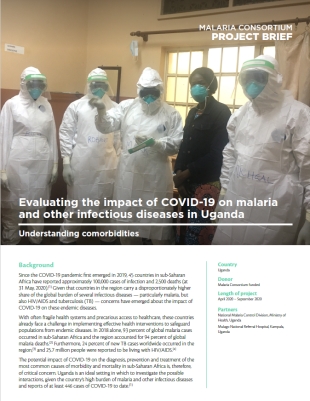 18/06/2020
Project brief
18/06/2020
Project brief
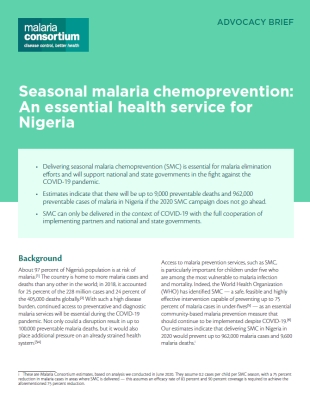 10/06/2020
Advocacy brief
10/06/2020
Advocacy brief
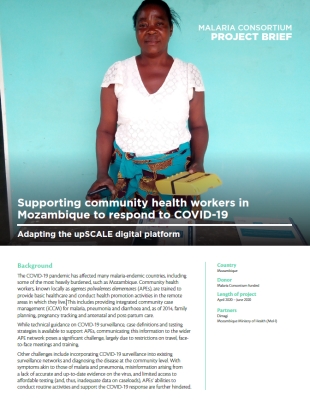 29/05/2020
Project brief
29/05/2020
Project brief
 22/05/2020
Case study
22/05/2020
Case study
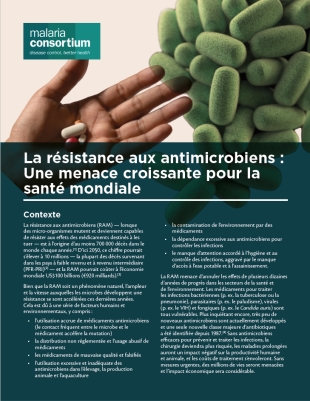 21/05/2020
Position statement
21/05/2020
Position statement
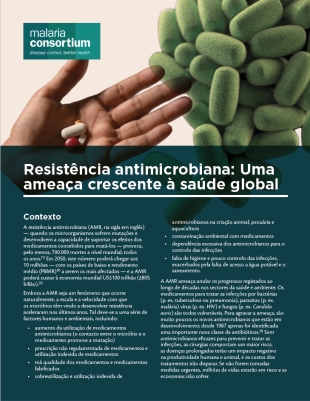 21/05/2020
Position statement
21/05/2020
Position statement
 14/05/2020
Journal article
14/05/2020
Journal article
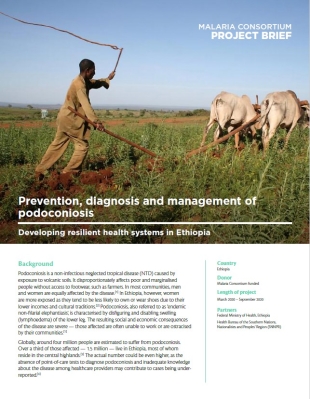 30/04/2020
Project brief
30/04/2020
Project brief
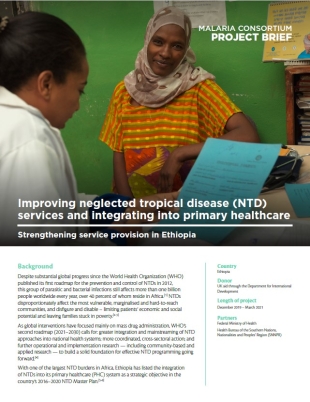 27/04/2020
Project brief
27/04/2020
Project brief
 02/04/2020
Journal article
02/04/2020
Journal article
 30/03/2020
Journal article
30/03/2020
Journal article
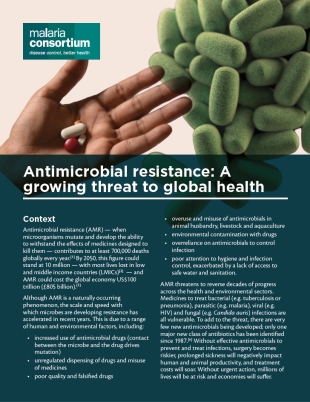 26/03/2020
Position statement
26/03/2020
Position statement
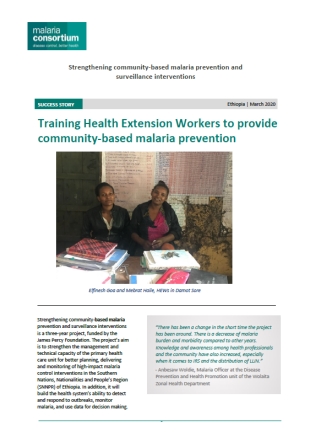 23/03/2020
Case study
23/03/2020
Case study
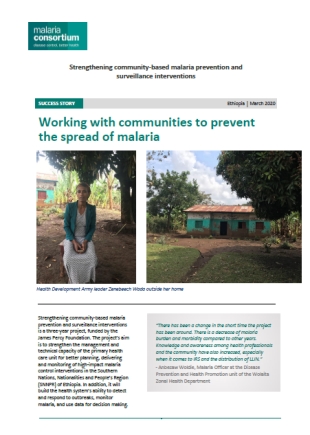 23/03/2020
Case study
23/03/2020
Case study
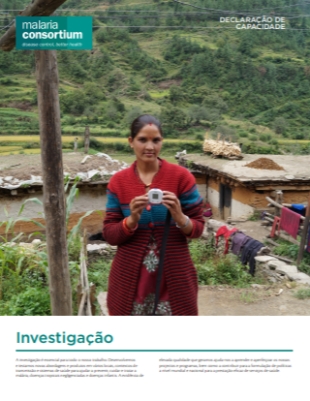 05/03/2020
Capacity statement
05/03/2020
Capacity statement
 27/02/2020
Journal article
27/02/2020
Journal article
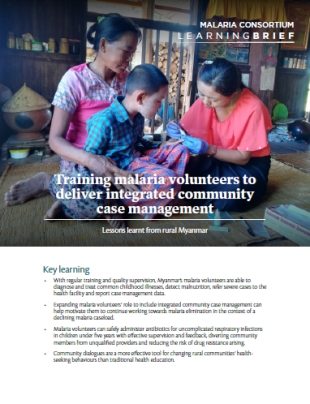 27/02/2020
Learning brief
27/02/2020
Learning brief
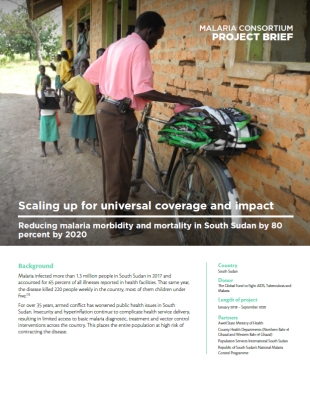 11/02/2020
Project brief
11/02/2020
Project brief
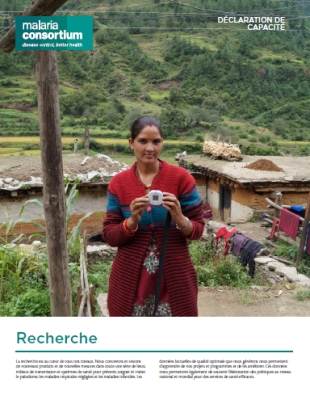 10/02/2020
Capacity statement
10/02/2020
Capacity statement
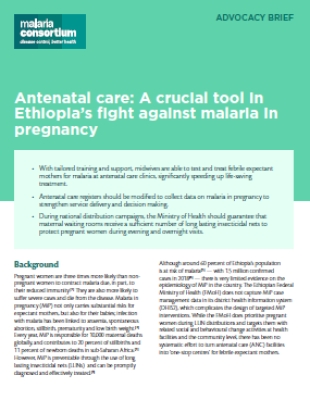 07/02/2020
Advocacy brief
07/02/2020
Advocacy brief
 12/01/2020
Journal article
12/01/2020
Journal article
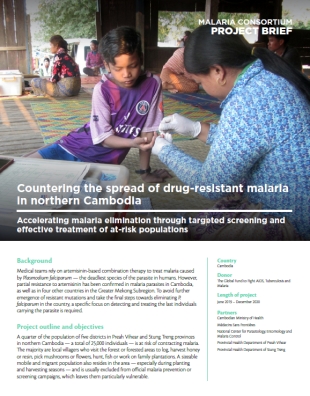 20/12/2019
Project brief
20/12/2019
Project brief
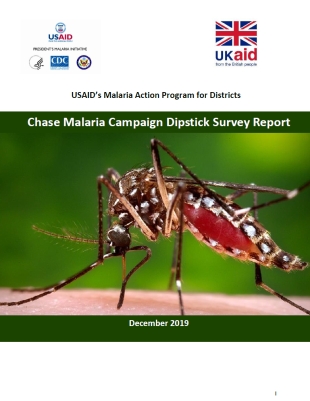 20/12/2019
Project report
20/12/2019
Project report
 17/12/2019
Journal article
17/12/2019
Journal article
 05/12/2019
Journal article
05/12/2019
Journal article
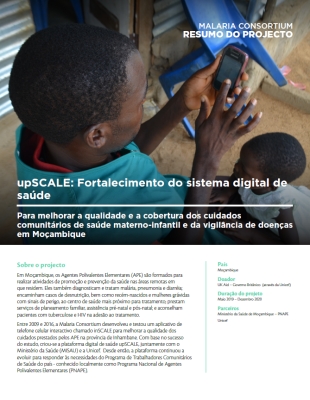 27/11/2019
Project brief
27/11/2019
Project brief
 18/11/2019
Journal article
18/11/2019
Journal article
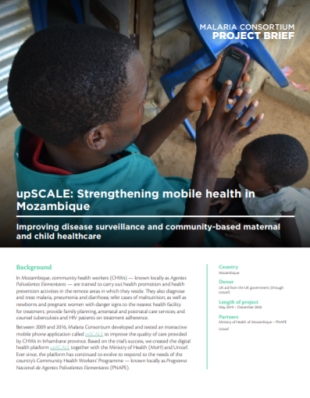 12/11/2019
Project brief
12/11/2019
Project brief
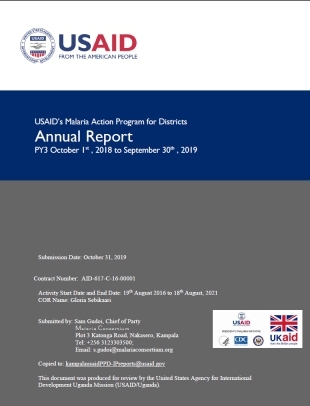 30/10/2019
Project report
30/10/2019
Project report
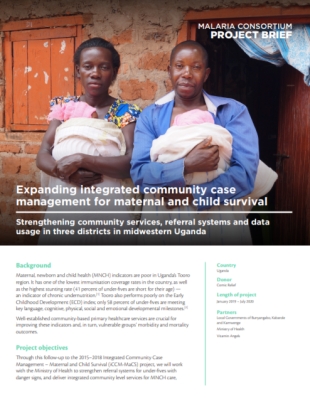 24/10/2019
Project brief
24/10/2019
Project brief
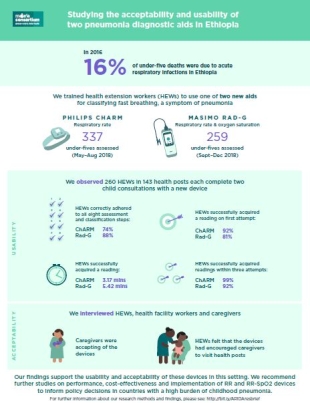 14/10/2019
Infographic
14/10/2019
Infographic
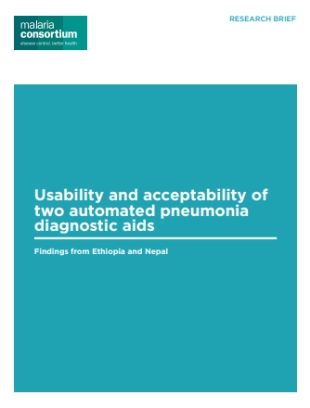 03/10/2019
Research brief
03/10/2019
Research brief
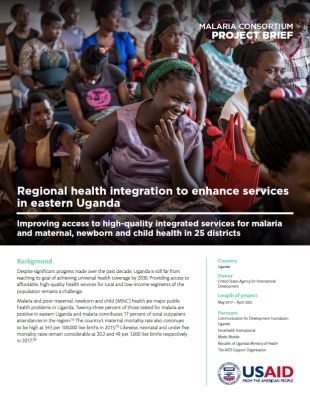 23/09/2019
Project brief
23/09/2019
Project brief
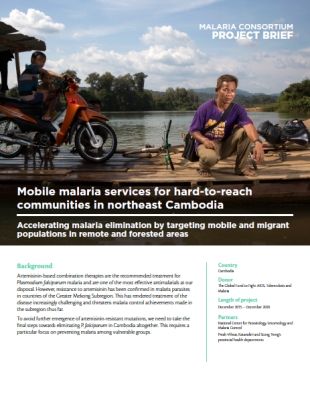 10/09/2019
Project brief
10/09/2019
Project brief
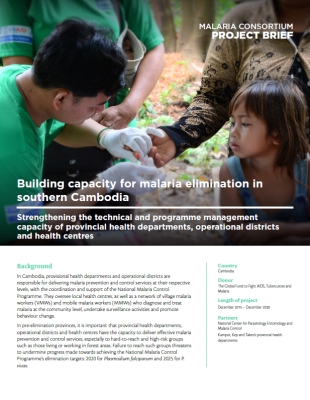 10/09/2019
Project brief
10/09/2019
Project brief
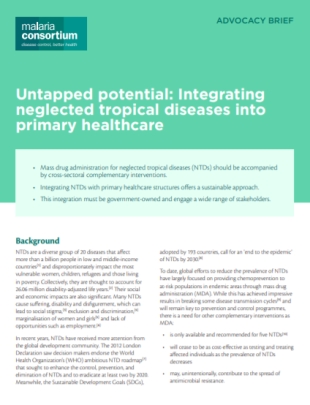 09/09/2019
Advocacy brief
09/09/2019
Advocacy brief
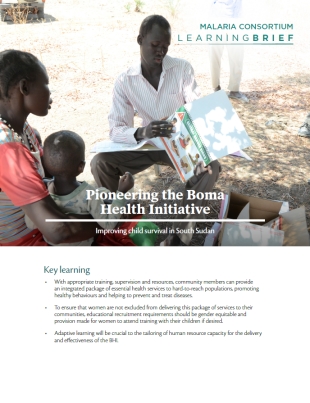 30/08/2019
Learning brief
30/08/2019
Learning brief
 01/07/2019
Journal article
01/07/2019
Journal article
 27/06/2019
Journal article
27/06/2019
Journal article
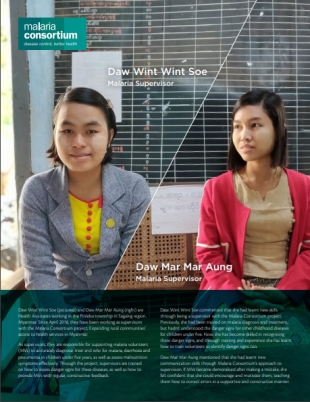 14/06/2019
Case study
14/06/2019
Case study
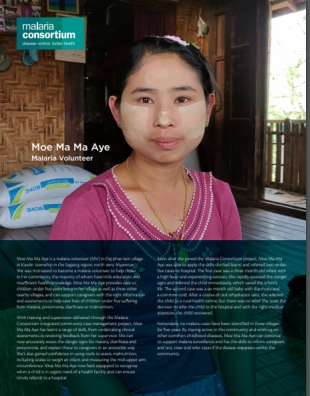 14/06/2019
Case study
14/06/2019
Case study
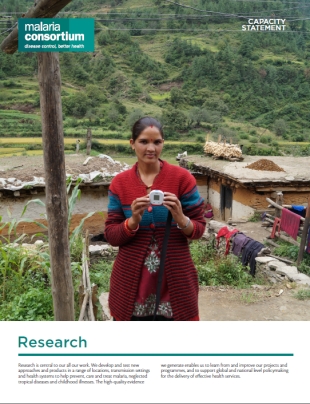 07/05/2019
Capacity statement
07/05/2019
Capacity statement
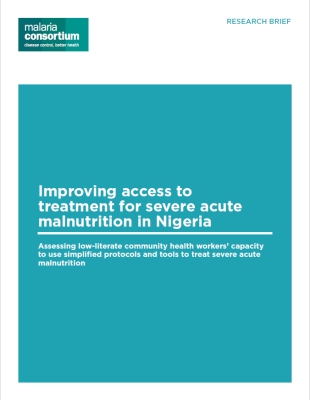 05/04/2019
Research brief
05/04/2019
Research brief
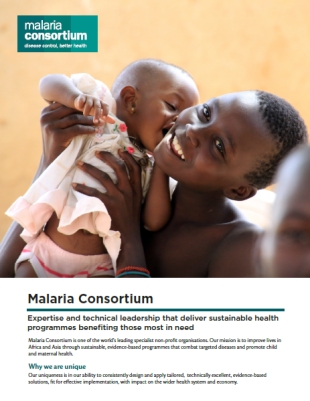 30/03/2019
Capacity statement
30/03/2019
Capacity statement
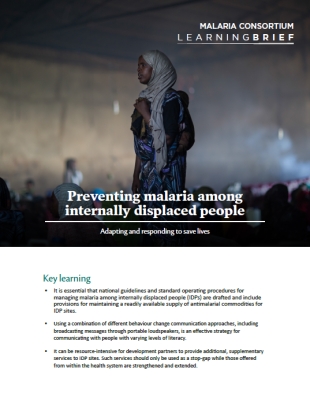 22/02/2019
Learning brief
22/02/2019
Learning brief
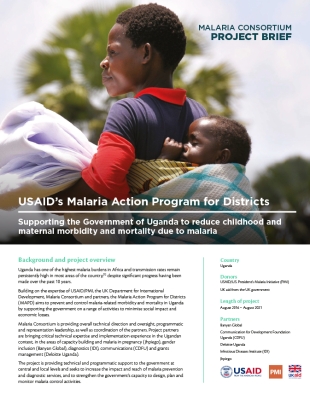 04/02/2019
Project brief
04/02/2019
Project brief
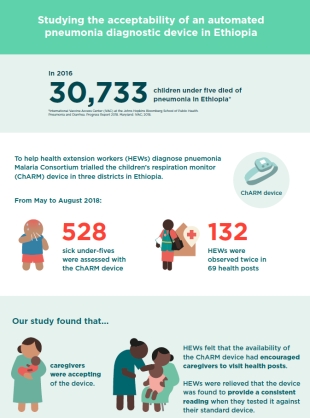 04/02/2019
Infographic
04/02/2019
Infographic
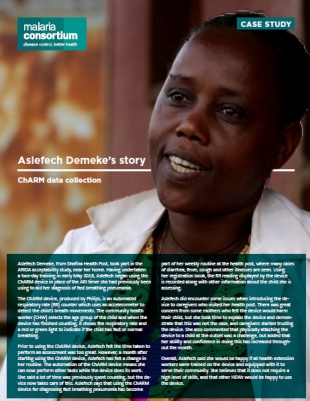 21/01/2019
Case study
21/01/2019
Case study
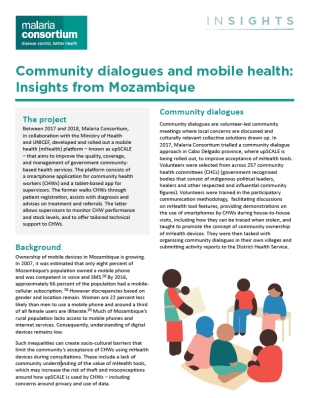 13/12/2018
Insight brief
13/12/2018
Insight brief
 06/11/2018
Journal article
06/11/2018
Journal article
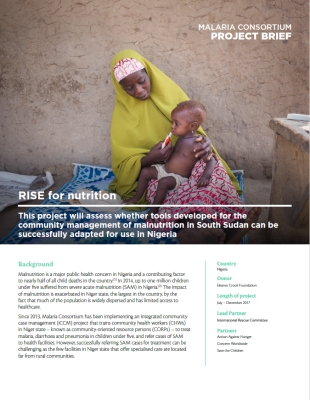 30/10/2018
Project brief
30/10/2018
Project brief
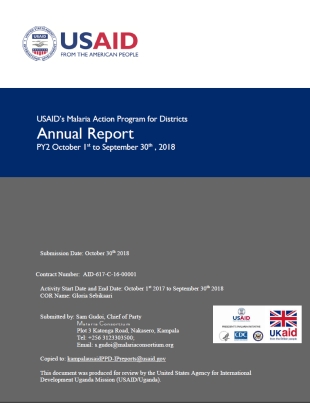 30/10/2018
Project report
30/10/2018
Project report
 25/10/2018
Journal article
25/10/2018
Journal article
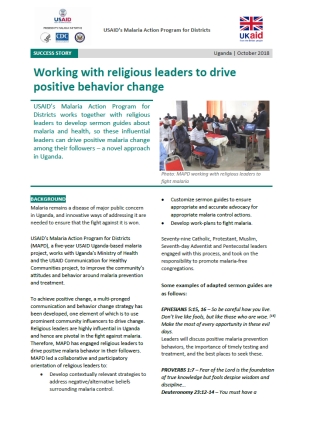 15/10/2018
Case study
15/10/2018
Case study
 17/09/2018
Journal article
17/09/2018
Journal article
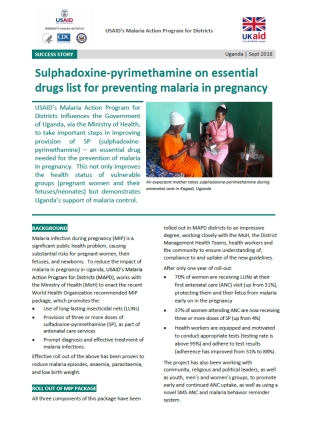 15/09/2018
Case study
15/09/2018
Case study
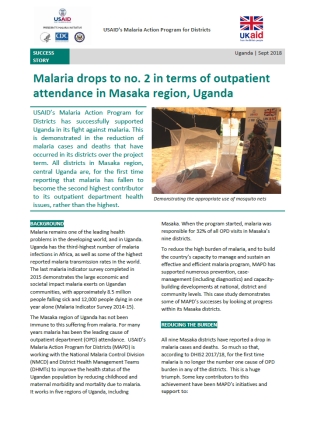 12/09/2018
Case study
12/09/2018
Case study
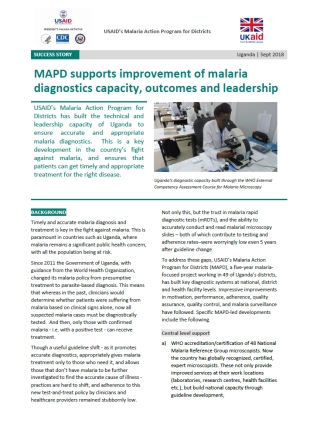 05/09/2018
Case study
05/09/2018
Case study
 19/07/2018
Journal article
19/07/2018
Journal article
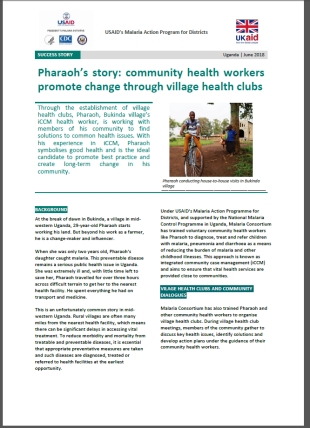 14/06/2018
Case study
14/06/2018
Case study
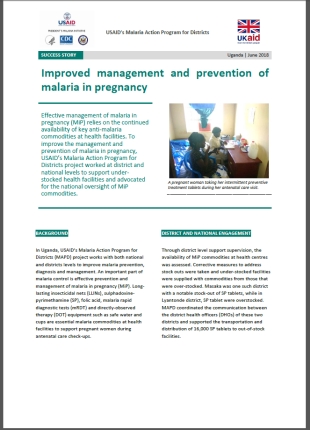 14/06/2018
Case study
14/06/2018
Case study
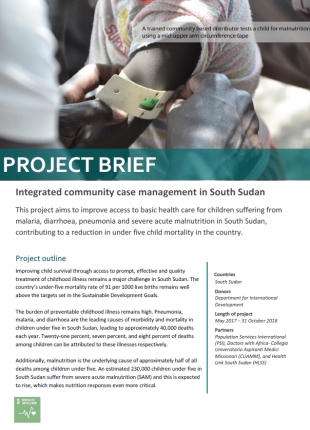 03/05/2018
Project brief
03/05/2018
Project brief
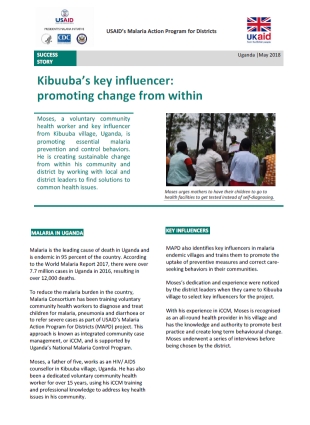 02/05/2018
Case study
02/05/2018
Case study
 12/04/2018
Journal article
12/04/2018
Journal article
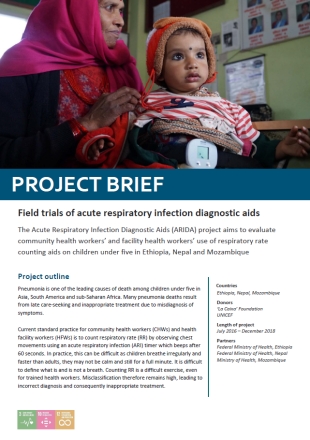 29/03/2018
Project brief
29/03/2018
Project brief
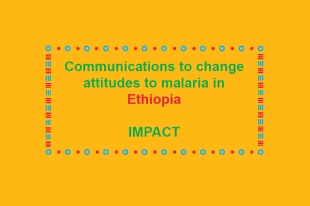 08/02/2018
Infographic
08/02/2018
Infographic
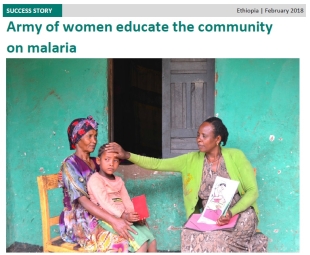 08/02/2018
Case study
08/02/2018
Case study
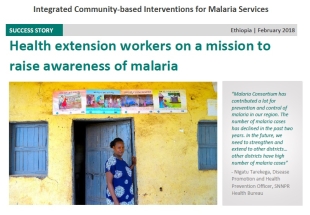 08/02/2018
Case study
08/02/2018
Case study
 06/02/2018
Journal article
06/02/2018
Journal article
 06/01/2018
Journal article
06/01/2018
Journal article
 07/12/2017
Newsletter
07/12/2017
Newsletter
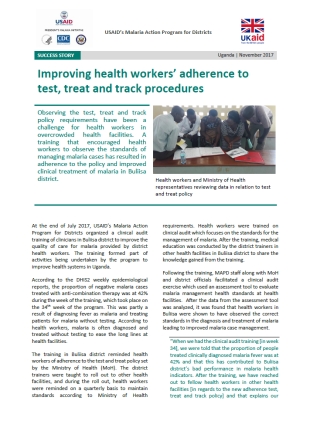 17/11/2017
Case study
17/11/2017
Case study
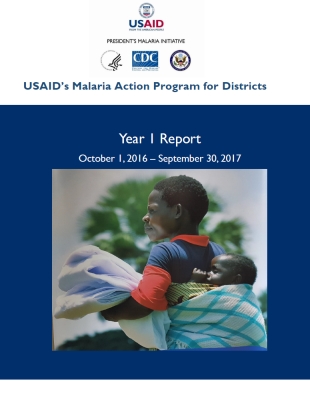 30/10/2017
Project report
30/10/2017
Project report
 09/10/2017
Journal article
09/10/2017
Journal article
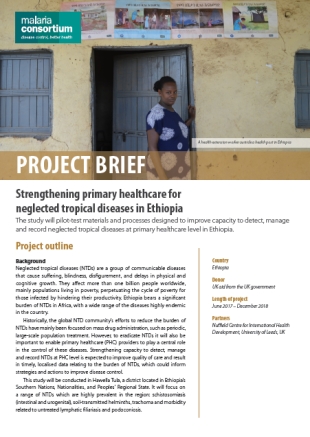 29/09/2017
Project brief
29/09/2017
Project brief
 12/09/2017
Newsletter
12/09/2017
Newsletter
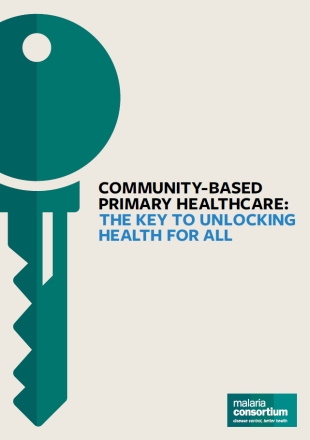 02/08/2017
Advocacy report
02/08/2017
Advocacy report
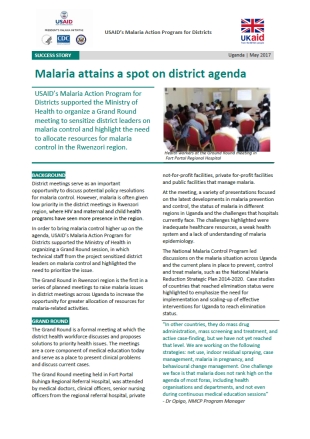 15/05/2017
Case study
15/05/2017
Case study
 09/05/2017
Journal article
09/05/2017
Journal article
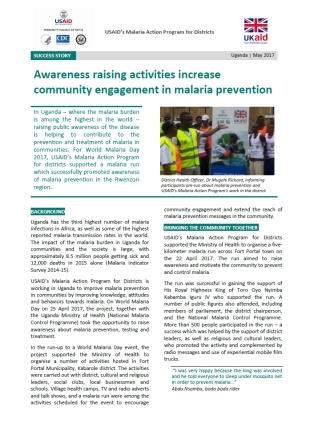 02/05/2017
Case study
02/05/2017
Case study
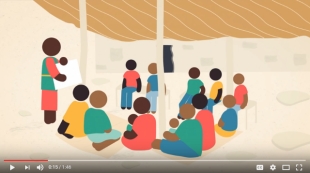 12/04/2017
Newsletter
12/04/2017
Newsletter
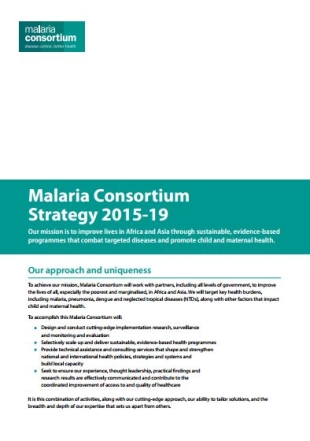 03/02/2017
Annual review
03/02/2017
Annual review
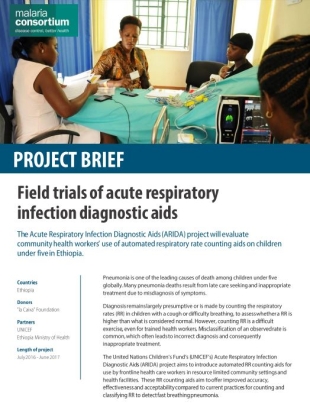 09/12/2016
Project brief
09/12/2016
Project brief
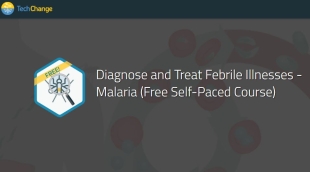 07/12/2016
Training materials
07/12/2016
Training materials
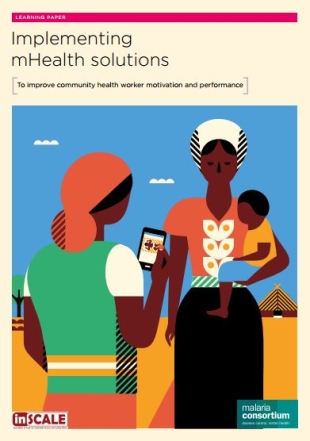 21/11/2016
Learning paper
21/11/2016
Learning paper
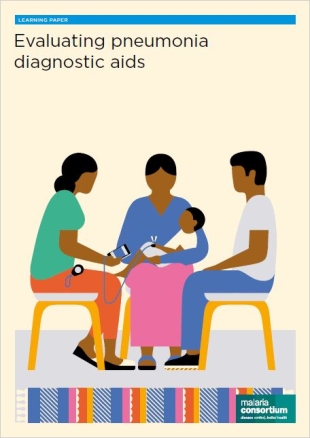 17/11/2016
Learning paper
17/11/2016
Learning paper
 18/10/2016
Journal article
18/10/2016
Journal article
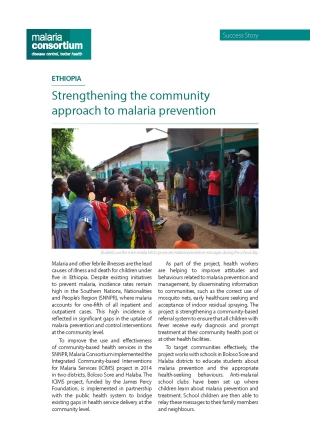 19/09/2016
Case study
19/09/2016
Case study
 06/09/2016
Journal article
06/09/2016
Journal article
 27/08/2016
Journal article
27/08/2016
Journal article
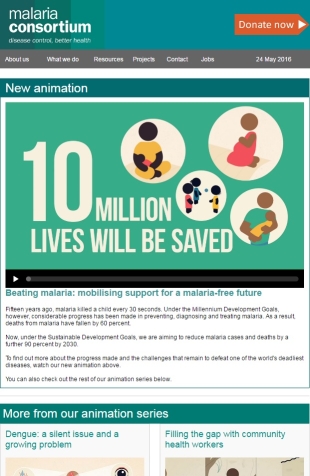 24/05/2016
Newsletter
24/05/2016
Newsletter
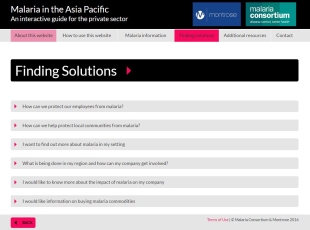 01/05/2016
Training materials
01/05/2016
Training materials
 18/04/2016
Journal article
18/04/2016
Journal article
 31/03/2016
Journal article
31/03/2016
Journal article
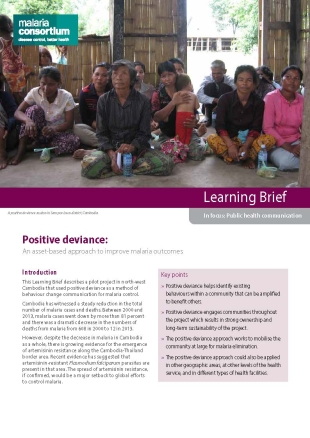 31/03/2016
Learning brief
31/03/2016
Learning brief
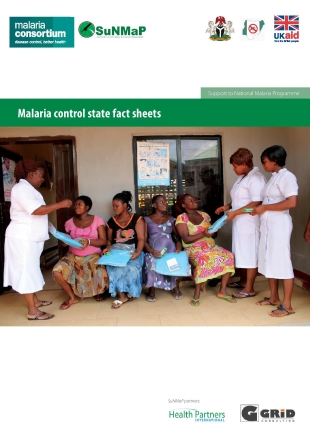 16/02/2016
Project report
16/02/2016
Project report
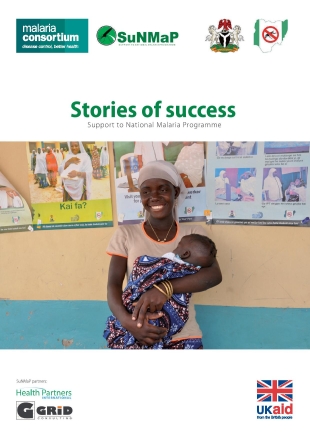 16/02/2016
Case study
16/02/2016
Case study
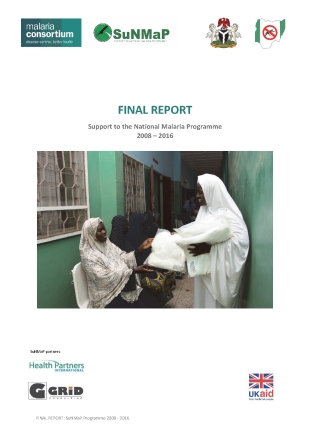 16/02/2016
Project report
16/02/2016
Project report
 16/02/2016
Journal article
16/02/2016
Journal article
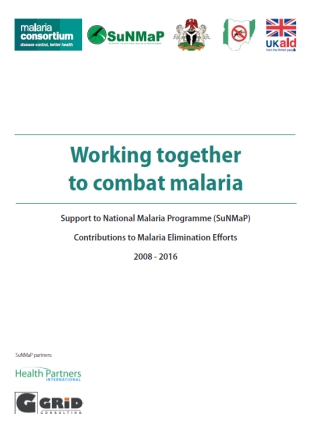 16/02/2016
Project report
16/02/2016
Project report
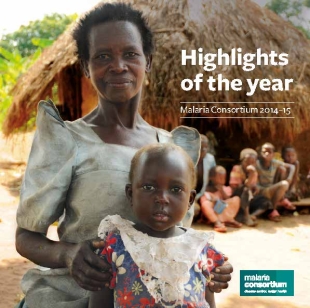 15/12/2015
Annual review
15/12/2015
Annual review
 01/12/2015
Training materials
01/12/2015
Training materials
 23/11/2015
Journal article
23/11/2015
Journal article
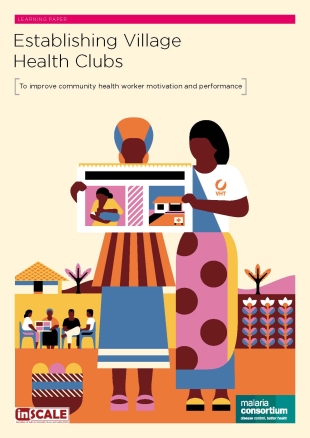 28/10/2015
Learning paper
28/10/2015
Learning paper
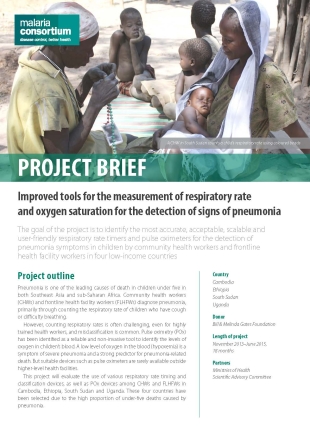 26/10/2015
Project brief
26/10/2015
Project brief
 25/08/2015
Journal article
25/08/2015
Journal article
 03/07/2015
Journal article
03/07/2015
Journal article
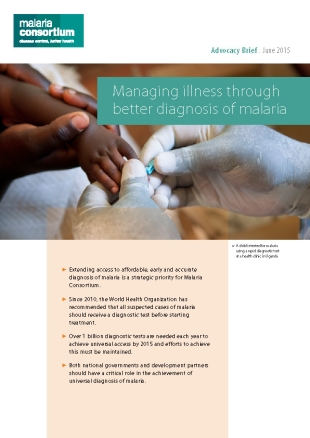 30/06/2015
Advocacy brief
30/06/2015
Advocacy brief
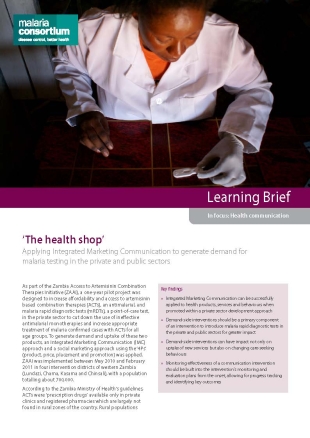 17/04/2015
Learning brief
17/04/2015
Learning brief
 11/11/2014
Journal article
11/11/2014
Journal article
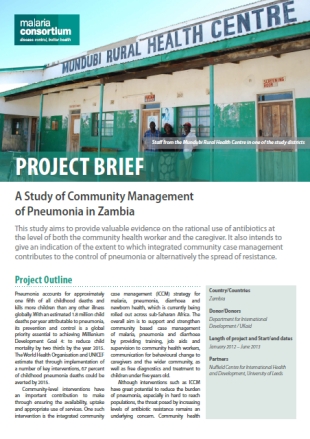 10/11/2014
Project brief
10/11/2014
Project brief
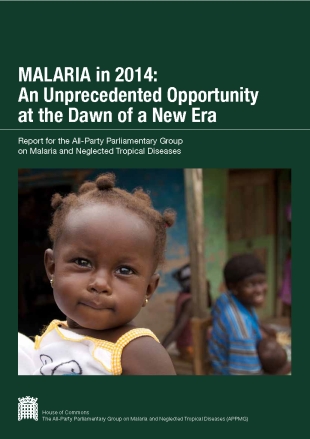 14/10/2014
Advocacy report
14/10/2014
Advocacy report
 14/10/2014
Journal article
14/10/2014
Journal article
 10/10/2014
Journal article
10/10/2014
Journal article
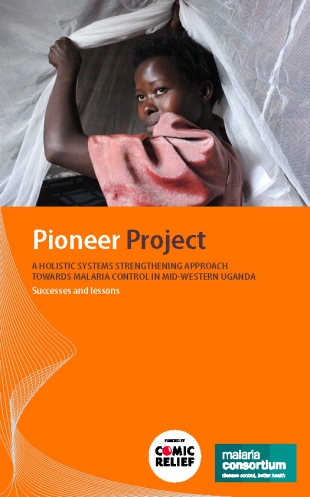 26/09/2014
Project report
26/09/2014
Project report
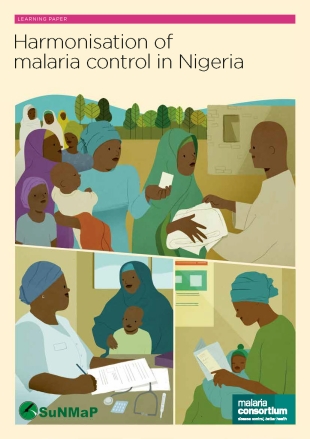 22/08/2014
Learning paper
22/08/2014
Learning paper
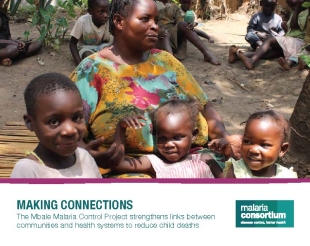 20/08/2014
Project report
20/08/2014
Project report
 14/08/2014
Journal article
14/08/2014
Journal article
 07/07/2014
Journal article
07/07/2014
Journal article
 26/06/2014
Journal article
26/06/2014
Journal article
 26/06/2014
Project report
26/06/2014
Project report
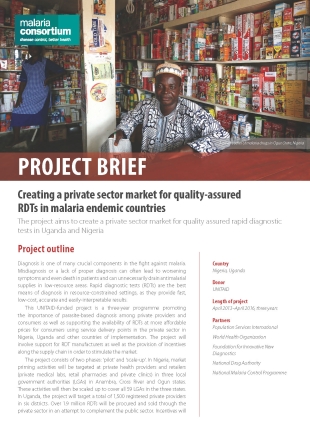 09/05/2014
Project brief
09/05/2014
Project brief
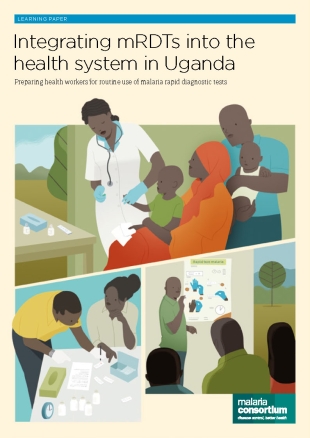 09/04/2014
Learning paper
09/04/2014
Learning paper
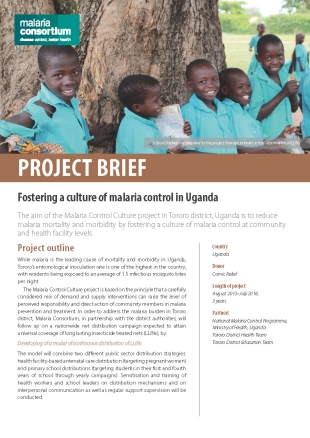 02/04/2014
Project brief
02/04/2014
Project brief
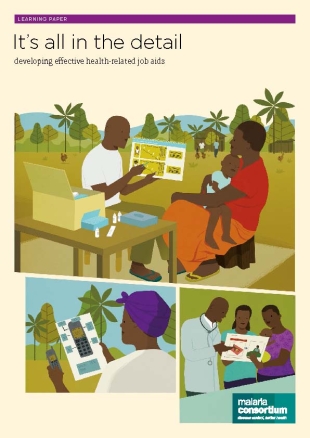 28/02/2014
Learning paper
28/02/2014
Learning paper
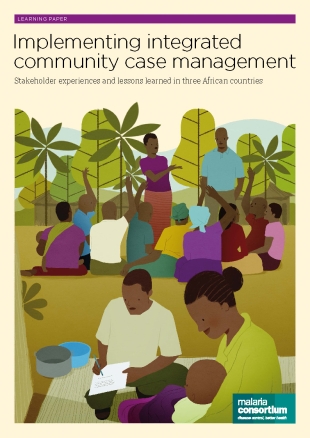 28/02/2014
Learning paper
28/02/2014
Learning paper
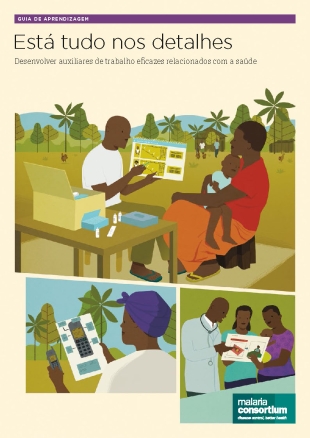 28/02/2014
Learning paper
28/02/2014
Learning paper
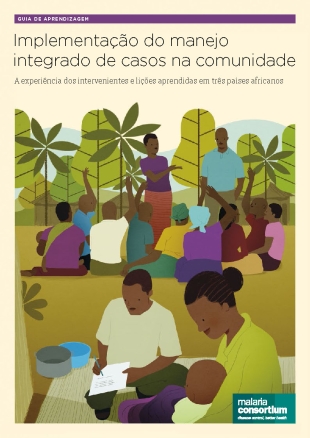 28/02/2014
Learning paper
28/02/2014
Learning paper
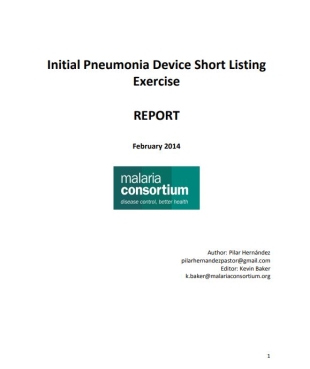 26/02/2014
Training materials
26/02/2014
Training materials
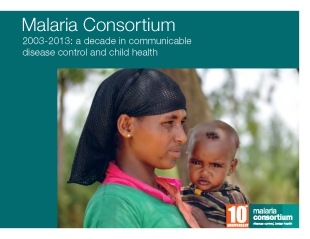 24/02/2014
Annual review
24/02/2014
Annual review
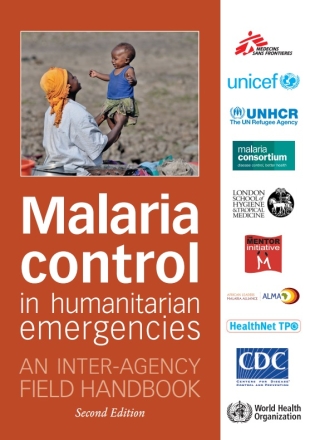 21/10/2013
Training materials
21/10/2013
Training materials
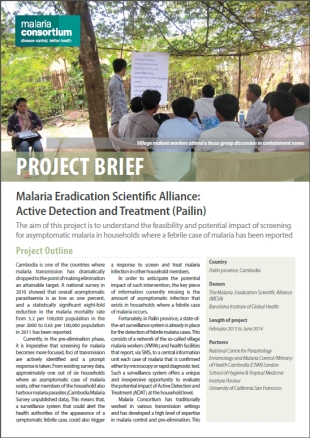 12/08/2013
Project brief
12/08/2013
Project brief
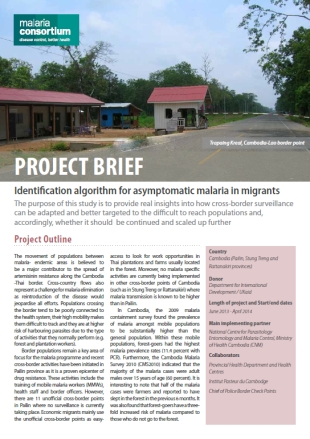 12/08/2013
Project brief
12/08/2013
Project brief
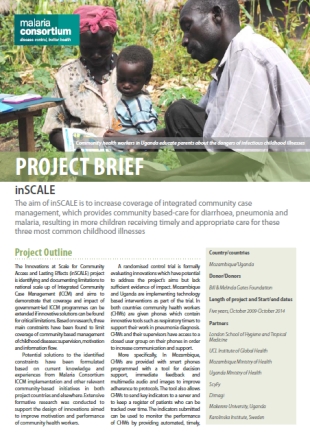 28/05/2013
Project brief
28/05/2013
Project brief
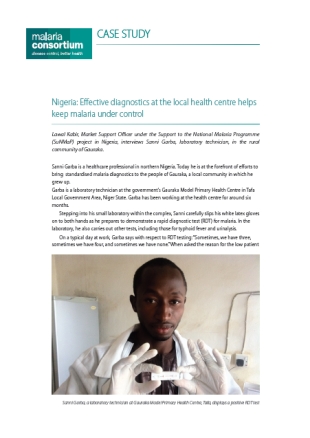 27/03/2013
Case study
27/03/2013
Case study
 19/12/2012
Journal article
19/12/2012
Journal article
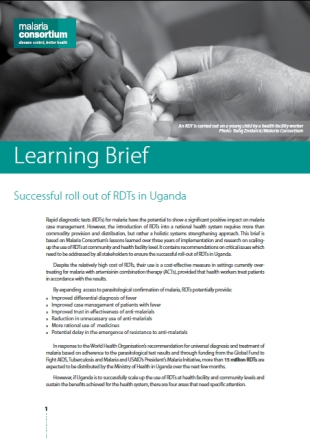 18/12/2012
Learning brief
18/12/2012
Learning brief
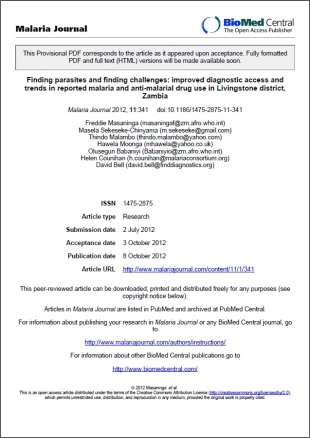 08/10/2012
Journal article
08/10/2012
Journal article
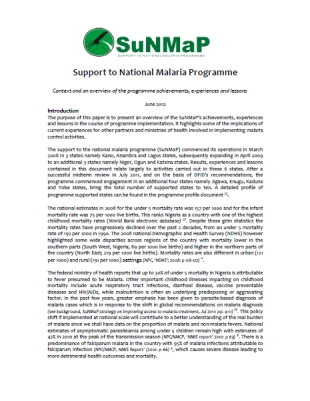 30/07/2012
Project report
30/07/2012
Project report
 11/07/2012
Journal article
11/07/2012
Journal article
 20/04/2012
Journal article
20/04/2012
Journal article
 20/04/2012
Journal article
20/04/2012
Journal article
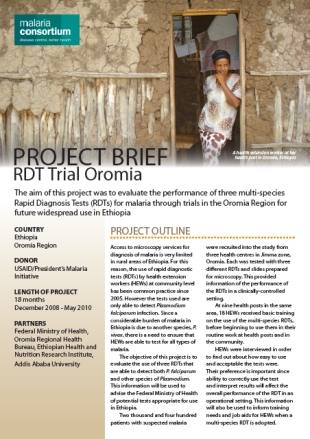 22/03/2012
Project brief
22/03/2012
Project brief
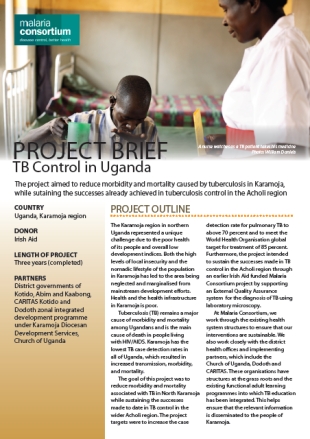 22/03/2012
Project brief
22/03/2012
Project brief
 23/01/2012
Journal article
23/01/2012
Journal article
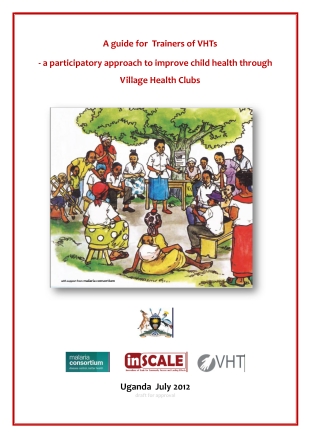 10/01/2012
Training materials
10/01/2012
Training materials
 18/10/2011
Journal article
18/10/2011
Journal article
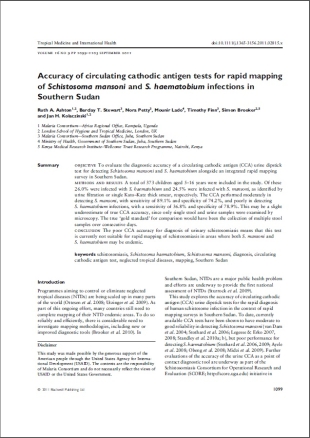 01/09/2011
Journal article
01/09/2011
Journal article
 14/07/2011
Journal article
14/07/2011
Journal article
 27/10/2010
Journal article
27/10/2010
Journal article
 01/10/2010
Journal article
01/10/2010
Journal article
 13/07/2010
Journal article
13/07/2010
Journal article
 12/07/2010
Journal article
12/07/2010
Journal article
Diagnosis
 28/03/2024
Project brief
28/03/2024
Project brief
Strengthening Uganda’s preparedness against arboviral threats
We are establishing a robust arboviral surveillance system as well as running training programmes and public awareness campaigns to bolster Uganda's defences against mosquito-borne viruses. 28/03/2024We are establishing a robust arboviral surveillance system as well as running training programmes and public awareness campaigns to bolster Uganda's defences against mosquito-borne viruses.
 27/02/2024
Project brief
27/02/2024
Project brief
Severe malaria: Strengthening diagnosis and case management
Implementing a process of continuous quality improvement and addressing constraints on health workforce capacity will drive improvements in the quality of malaria diagnosis and case management in Kano, Nigeria. 27/02/2024Implementing a process of continuous quality improvement and addressing constraints on health workforce capacity will drive improvements in the quality of malaria diagnosis and case management in Kano, Nigeria.
 22/01/2024
Capacity statement
22/01/2024
Capacity statement
Manejo integrado de casos na comunidade
Malaria Consortium possui ampla experiência no apoio a iniciativas de MICC em África e na Ásia. Implementámos uma série de programas de MICC, trabalhando em parceria com ministérios da saúde… 22/01/2024Malaria Consortium possui ampla experiência no apoio a iniciativas de MICC em África e na Ásia. Implementámos uma série de programas de MICC, trabalhando em parceria com ministérios da saúde com vista a apoiar a sustentabilidade destes serviços.
 22/01/2024
Capacity statement
22/01/2024
Capacity statement
Prise en charge intégrée des cas dans la communauté
Malaria Consortium possède une solide expérience en matière de soutien aux initiatives PEC-C en Afrique et en Asie. Nous avons mis en oeuvre toute une série de programmes PEC-C en… 22/01/2024Malaria Consortium possède une solide expérience en matière de soutien aux initiatives PEC-C en Afrique et en Asie. Nous avons mis en oeuvre toute une série de programmes PEC-C en partenariat avec divers ministères de la Santé.
 02/01/2024
Annual review
02/01/2024
Annual review
Trustee's report and financial statements for the year to 31 March 2023
Malaria Consortium's trustees present their report and the audited financial statements for the year which ended 31 March 2023. 02/01/2024Malaria Consortium's trustees present their report and the audited financial statements for the year which ended 31 March 2023.
 31/10/2023
Advocacy brief
31/10/2023
Advocacy brief
From steps to solutions: Advancing podoconiosis prevention and control in Ethiopia
We aim to work with key stakeholders to accelerate the control of podoconiosis by creating universal access to better quality preventive measures and healthcare. 31/10/2023We aim to work with key stakeholders to accelerate the control of podoconiosis by creating universal access to better quality preventive measures and healthcare.
 20/09/2023
Capacity statement
20/09/2023
Capacity statement
Integrated community case management
With vast experience in supporting iCCM initiatives across Africa and Asia, Malaria Consortium offers technical assistance to ministries of health to implement and improve their iCCM programmes. 20/09/2023With vast experience in supporting iCCM initiatives across Africa and Asia, Malaria Consortium offers technical assistance to ministries of health to implement and improve their iCCM programmes.
 21/08/2023
Capacity statement
21/08/2023
Capacity statement
Couverture sanitaire universelle
La couverture sanitaire universelle est essentielle pour la conception et la mise en oeuvre de nos programmes. 21/08/2023La couverture sanitaire universelle est essentielle pour la conception et la mise en oeuvre de nos programmes.
 21/07/2023
Journal article
21/07/2023
Journal article
Usability of pulse oximeters used by community health and primary care workers as screening tools for severe illness in children under five in low resource settings
This cross-sectional study explores the usability of pulse-oximeters for community health and primary care workers in Cambodia, Ethiopia, South Sudan and Uganda. 21/07/2023This cross-sectional study explores the usability of pulse-oximeters for community health and primary care workers in Cambodia, Ethiopia, South Sudan and Uganda.
 27/06/2023
Infographic
27/06/2023
Infographic
Milestones towards a malaria-free Uganda
The Supporting Uganda’s Malaria Reduction and Elimination Strategy project sets up integrated community case management to treat common childhood diseases. 27/06/2023The Supporting Uganda’s Malaria Reduction and Elimination Strategy project sets up integrated community case management to treat common childhood diseases.
 01/06/2023
Project brief
01/06/2023
Project brief
Strengthening malaria surveillance systems to improve malaria prevention, diagnosis and treatment in Mozambique
The U.S. President’s Malaria Initiative Malaria Capacity Strengthening Program aims to improve the provision of quality malaria services to reduce morbidity and mortality. 01/06/2023The U.S. President’s Malaria Initiative Malaria Capacity Strengthening Program aims to improve the provision of quality malaria services to reduce morbidity and mortality.
 26/05/2023
Capacity statement
26/05/2023
Capacity statement
Cobertura universal dos cuidados de saúde
A cobertura universal de saúde é fundamental para a conceção e implementação dos nossos programas. 26/05/2023A cobertura universal de saúde é fundamental para a conceção e implementação dos nossos programas.
 11/05/2023
Project report
11/05/2023
Project report
Strengthening malaria surveillance for data-driven decision making in Mozambique: June 2019 to December 2022
This document summarises the results of three-and-a-half years of programme implementation to scale up malaria surveillance activities in Mozambique. 11/05/2023This document summarises the results of three-and-a-half years of programme implementation to scale up malaria surveillance activities in Mozambique.
 10/05/2023
Brochure
10/05/2023
Brochure
Unlocking community-based solutions in malaria in pregnancy: Harnessing the power of women and adolescents
We integrate community-centred gender- and youth-responsive approaches into our programme delivery. 10/05/2023We integrate community-centred gender- and youth-responsive approaches into our programme delivery.
 25/04/2023
Advocacy brief
25/04/2023
Advocacy brief
Achieving malaria elimination through public-private-philanthropic partnerships
The private sector, which includes both private for-profit and private non-profit organisations, plays a critical role in Nigeria’s efforts to tackle malaria. 25/04/2023The private sector, which includes both private for-profit and private non-profit organisations, plays a critical role in Nigeria’s efforts to tackle malaria.
 27/03/2023
Project brief
27/03/2023
Project brief
Scaling up the Boma Health Initiative in South Sudan
We are expanding community health services across two counties in Northern Bahr El Ghazal state to prevent and treat common health conditions. 27/03/2023We are expanding community health services across two counties in Northern Bahr El Ghazal state to prevent and treat common health conditions.
 16/03/2023
Project report
16/03/2023
Project report
Strengthening the pneumonia response in Chad: Formative assessment 2022
This review identifies opportunities to improve pneumonia management in Chad. 16/03/2023This review identifies opportunities to improve pneumonia management in Chad.
 30/01/2023
Project brief
30/01/2023
Project brief
Happy Feet: Community-based podoconiosis prevention and control in Ethiopia
The Happy Feet project aims to accelerate control of podoconiosis by creating access to better quality healthcare services. 30/01/2023The Happy Feet project aims to accelerate control of podoconiosis by creating access to better quality healthcare services.
 10/01/2023
Annual review
10/01/2023
Annual review
Unlocking universal health coverage: Impact report 2022
This report highlights how Malaria Consortium is contributing towards universal health coverage. 10/01/2023This report highlights how Malaria Consortium is contributing towards universal health coverage.
 12/12/2022
Capacity statement
12/12/2022
Capacity statement
Universal health coverage
Universal health coverage is fundamental to the design and implementation of our programmes. 12/12/2022Universal health coverage is fundamental to the design and implementation of our programmes.
 01/12/2022
Advocacy brief
01/12/2022
Advocacy brief
Strengthening the health system response to pneumonia and other childhood illnesses
Early diagnosis and treatment at all levels of the health system could prevent more than two-thirds of pneumonia deaths. 01/12/2022Early diagnosis and treatment at all levels of the health system could prevent more than two-thirds of pneumonia deaths.
 22/11/2022
Position statement
22/11/2022
Position statement
Vaccins : La pierre angulaire de la réduction du poids de la morbidité
Les vaccins sont un outil essentiel pour prévenir et contrôler les épidémies infectieuses. 22/11/2022Les vaccins sont un outil essentiel pour prévenir et contrôler les épidémies infectieuses.
 14/11/2022
Position statement
14/11/2022
Position statement
Vacinas: O alicerce da redução da carga da doença
As vacinas são uma ferramenta crucial para prevenir e controlar surtos de doenças infecciosas. 14/11/2022As vacinas são uma ferramenta crucial para prevenir e controlar surtos de doenças infecciosas.
 02/09/2022
Learning brief
02/09/2022
Learning brief
Using the role model approach to improve malaria prevention and control: Lessons from Ethiopia
To improve understanding of malaria interventions, we implemented the role model approach in selected districts in Ethiopia. 02/09/2022To improve understanding of malaria interventions, we implemented the role model approach in selected districts in Ethiopia.
 13/07/2022
Project brief
13/07/2022
Project brief
Health Pooled Fund lll: Provision of essential healthcare services in South Sudan
With this project, we aim to reduce morbidity and mortality through increased access to integrated maternal, newborn and child health services. 13/07/2022With this project, we aim to reduce morbidity and mortality through increased access to integrated maternal, newborn and child health services.
 13/07/2022
Position statement
13/07/2022
Position statement
Vaccines: The cornerstone of disease burden reduction
Immunisation against infectious diseases is one of the most effective means of preventing their spread and severity. 13/07/2022Immunisation against infectious diseases is one of the most effective means of preventing their spread and severity.
 01/07/2022
Journal article
01/07/2022
Journal article
Digital molecular diagnostics for infectious diseases in sub-Saharan Africa
The Digital Diagnostics for Africa Network have identified new technologies with the potential to bring the laboratory to the patient, wherever they may be. 01/07/2022The Digital Diagnostics for Africa Network have identified new technologies with the potential to bring the laboratory to the patient, wherever they may be.
 23/06/2022
Research brief
23/06/2022
Research brief
Improving neglected tropical disease services and their integration into primary healthcare in Ethiopia
With the Federal Ministry of Health neglected tropical diseases (NTDs) team, we designed an intervention that aligns with the latest national NTD Roadmap. 23/06/2022With the Federal Ministry of Health neglected tropical diseases (NTDs) team, we designed an intervention that aligns with the latest national NTD Roadmap.
 21/06/2022
Project brief
21/06/2022
Project brief
Strengthening the pneumonia response in Ethiopia: Developing an action plan for the integrated management of newborn and childhood illnesses
With our partners in Ethiopia, we are developing an action plan for the integrated management of newborn and childhood illnesses, including pneumonia. 21/06/2022With our partners in Ethiopia, we are developing an action plan for the integrated management of newborn and childhood illnesses, including pneumonia.
 16/06/2022
Journal article
16/06/2022
Journal article
The private sector market for malaria rapid diagnostic tests in Nigeria: Results of the 2018 market survey
Increasing household knowledge of rapid diagnostic tests (RDTs) may aid increasing demand, while subsidised RDTs may address supply and price issues. 16/06/2022Increasing household knowledge of rapid diagnostic tests (RDTs) may aid increasing demand, while subsidised RDTs may address supply and price issues.
 26/03/2022
Project brief
26/03/2022
Project brief
Optimising a digitised community health toolkit in Buikwe, Uganda
Digital health can bring quality health services to hard-to-reach areas and facilitate real-time access to health information and data for informed decision-making. 26/03/2022Digital health can bring quality health services to hard-to-reach areas and facilitate real-time access to health information and data for informed decision-making.
 14/03/2022
Insight brief
14/03/2022
Insight brief
Insights from implementing the first seasonal malaria chemoprevention campaign in Mozambique
Between November 2020 and February 2021, we implemented four monthly SMC cycles in Nampula province. 14/03/2022Between November 2020 and February 2021, we implemented four monthly SMC cycles in Nampula province.
 11/03/2022
Project brief
11/03/2022
Project brief
Building resilient communities in South Sudan
We are targeting a combined 32,889 people in flood-affected areas of Aweil South county to close the gap in access to health facilities. 11/03/2022We are targeting a combined 32,889 people in flood-affected areas of Aweil South county to close the gap in access to health facilities.
 03/03/2022
Learning brief
03/03/2022
Learning brief
Improving malaria surveillance through existing community structures: Lessons learnt from Ethiopia
Existing community structures, such as health extension workers, play a pivotal role in improving malaria detection and surveillance in Ethiopia. 03/03/2022Existing community structures, such as health extension workers, play a pivotal role in improving malaria detection and surveillance in Ethiopia.
 02/02/2022
Project brief
02/02/2022
Project brief
upSCALE: Reforçar a saúde móvel em Moçambique
Desde 2016, Malaria Consortium tem sido o principal parceiro de implementação de um sistema digital de informação de saúde comunitária designado upSCALE. 02/02/2022Desde 2016, Malaria Consortium tem sido o principal parceiro de implementação de um sistema digital de informação de saúde comunitária designado upSCALE.
 26/01/2022
Project brief
26/01/2022
Project brief
Supporting Uganda’s Malaria Reduction and Elimination Strategy (SUMRES): Working towards malaria-free districts in Uganda
The SUMRES project aims to implement integrated community case management and other vector control measures. 26/01/2022The SUMRES project aims to implement integrated community case management and other vector control measures.
 25/01/2022
Learning brief
25/01/2022
Learning brief
Edutainment as a vehicle for malaria-related behavior change: Lessons learnt from Uganda
This malaria-related social behavior change intervention project in Uganda successfully applies strategies that focus on gender norms and perceptions. 25/01/2022This malaria-related social behavior change intervention project in Uganda successfully applies strategies that focus on gender norms and perceptions.
 10/01/2022
Project brief
10/01/2022
Project brief
upSCALE: Strengthening mobile health in Mozambique
We have been the key implementing partner of a scaled digital community health information system called upSCALE. 10/01/2022We have been the key implementing partner of a scaled digital community health information system called upSCALE.
 04/12/2021
Journal article
04/12/2021
Journal article
Determinants of malaria testing at health facilities: The case of Uganda
These findings underscore the need for malaria control programmes to provide regular supportive supervision to health facilities and training in rapid diagnostic testing. 04/12/2021These findings underscore the need for malaria control programmes to provide regular supportive supervision to health facilities and training in rapid diagnostic testing.
 25/10/2021
Journal article
25/10/2021
Journal article
Impact of current malaria infection and previous malaria exposure on the clinical profiles and outcome of COVID-19 in a high malaria transmission setting
Our co-infection study found that low previous malaria exposure was associated with severe or critical COVID-19 and adverse outcomes in a high burden malaria setting. 25/10/2021Our co-infection study found that low previous malaria exposure was associated with severe or critical COVID-19 and adverse outcomes in a high burden malaria setting.
 15/10/2021
Project brief
15/10/2021
Project brief
Improving access to malaria case management for conflict-affected populations in Cameroon
To improve the quality of malaria diagnosis and treatment that community health workers provide, we will focus on an intervention to enhance healthcare-seeking behaviour. 15/10/2021To improve the quality of malaria diagnosis and treatment that community health workers provide, we will focus on an intervention to enhance healthcare-seeking behaviour.
 24/09/2021
Capacity statement
24/09/2021
Capacity statement
Malaria Consortium Cambodia
Malaria Consortium has established itself as a leading technical research and implementing organisation in Cambodia, with a presence in the country since 2003. 24/09/2021Malaria Consortium has established itself as a leading technical research and implementing organisation in Cambodia, with a presence in the country since 2003.
 10/08/2021
Project brief
10/08/2021
Project brief
Reducing the malaria burden in Nigeria
We support Nigeria’s National Malaria Elimination Programme to deliver interventions that are designed to develop capacity around reporting and case management. 10/08/2021We support Nigeria’s National Malaria Elimination Programme to deliver interventions that are designed to develop capacity around reporting and case management.
 05/08/2021
Journal article
05/08/2021
Journal article
Evaluating the feasibility and acceptability of a community dialogue intervention in the prevention and control of schistosomiasis in Nampula province, Mozambique
This study aimed to test the community dialogue approach to improve schistosomiasis prevention and control in Nampula province. 05/08/2021This study aimed to test the community dialogue approach to improve schistosomiasis prevention and control in Nampula province.
 23/07/2021
Journal article
23/07/2021
Journal article
Performance of five pulse oximeters to detect hypoxaemia as an indicator of severe illness in children under five by frontline health workers in low-resource settings
In this first trial in Cambodia, Ethiopia, South Sudan and Uganda, researchers wanted to identify the most user-friendly pulse oximeters for frontline health workers. 23/07/2021In this first trial in Cambodia, Ethiopia, South Sudan and Uganda, researchers wanted to identify the most user-friendly pulse oximeters for frontline health workers.
 22/07/2021
Journal article
22/07/2021
Journal article
The role of adaptive surveillance as a core intervention to achieve malaria elimination
A strong surveillance system is critical to implementing an efficient and effective malaria programme to accelerate progress towards malaria elimination. 22/07/2021A strong surveillance system is critical to implementing an efficient and effective malaria programme to accelerate progress towards malaria elimination.
 13/06/2021
Journal article
13/06/2021
Journal article
Evaluating the interrater agreement and acceptability of a new reference tool for assessing respiratory rate in children under five with cough and/or difficulty breathing
A new reference tool which facilitates manual annotation of breaths based on videos was developed to improve diagnosis of suspected cases and appropriate treatment. 13/06/2021A new reference tool which facilitates manual annotation of breaths based on videos was developed to improve diagnosis of suspected cases and appropriate treatment.
 09/06/2021
Brochure
09/06/2021
Brochure
Malaria Consortium Burkina Faso
We are carrying out SMC programmes across Burkina Faso and are exploring the potential of digital solutions to strengthen health systems in the country. 09/06/2021We are carrying out SMC programmes across Burkina Faso and are exploring the potential of digital solutions to strengthen health systems in the country.
 09/06/2021
Brochure
09/06/2021
Brochure
Malaria Consortium Burkina Faso
Nous menons des programmes de CPS à travers le Burkina Faso et explorons le potentiel des solutions numériques pour renforcer les systèmes de santé dans le pays. 09/06/2021Nous menons des programmes de CPS à travers le Burkina Faso et explorons le potentiel des solutions numériques pour renforcer les systèmes de santé dans le pays.
 28/05/2021
Capacity statement
28/05/2021
Capacity statement
Malaria Consortium South Sudan
In South Sudan, we collaborate with government and partners to support community-centred, evidence-based interventions that respond to changing conditions. 28/05/2021In South Sudan, we collaborate with government and partners to support community-centred, evidence-based interventions that respond to changing conditions.
 24/05/2021
Journal article
24/05/2021
Journal article
The impact of malaria coinfection on Ebola virus disease outcomes: A systematic review and meta-analysis
This study aims to understand how the malaria and Ebola virus interact which is important to establish for future outbreaks. 24/05/2021This study aims to understand how the malaria and Ebola virus interact which is important to establish for future outbreaks.
 19/04/2021
Capacity statement
19/04/2021
Capacity statement
Malaria Consortium Ethiopia
In Ethiopia, we are tackling malaria, neglected tropical diseases and poor child health indicators through innovative approaches to health systems strengthening. 19/04/2021In Ethiopia, we are tackling malaria, neglected tropical diseases and poor child health indicators through innovative approaches to health systems strengthening.
 31/03/2021
Journal article
31/03/2021
Journal article
Private healthcare market shaping and changes in inequities in childhood diarrhoea treatment coverage
This study aims to examine inequities in the coverage of effective oral treatments for diarrhoea in under-fives in Nigeria. 31/03/2021This study aims to examine inequities in the coverage of effective oral treatments for diarrhoea in under-fives in Nigeria.
 24/02/2021
Project brief
24/02/2021
Project brief
Expanding mobile malaria services to hard-to-reach communities in northern Cambodia
We are supporting the continued delivery of effective malaria prevention and control services in Cambodia, especially to hard-to-reach communities. 24/02/2021We are supporting the continued delivery of effective malaria prevention and control services in Cambodia, especially to hard-to-reach communities.
 22/02/2021
Journal article
22/02/2021
Journal article
Eliminating Plasmodium falciparum malaria: Results from tailoring active case detection approaches to remote populations in forested border areas in north-eastern Cambodia
This case study presents a successful approach to implementing tailored active case detection strategies in forested border areas in north-eastern Cambodia. 22/02/2021This case study presents a successful approach to implementing tailored active case detection strategies in forested border areas in north-eastern Cambodia.
 10/02/2021
Journal article
10/02/2021
Journal article
Community health worker knowledge, attitudes and practices towards COVID-19: Learnings from an online cross-sectional survey using a digital health platform, UpSCALE, in Mozambique
Adapting the existing upSCALE platform enabled a better understanding of community health workers' knowledge around COVID-19 management. 10/02/2021Adapting the existing upSCALE platform enabled a better understanding of community health workers' knowledge around COVID-19 management.
 09/01/2021
Journal article
09/01/2021
Journal article
New assessment of Anopheles vector species identification using MALDI-TOF MS
To determine the body part of Anopheles mosquitoes best suited for the identification of field specimens, a mass spectral library was generated. 09/01/2021To determine the body part of Anopheles mosquitoes best suited for the identification of field specimens, a mass spectral library was generated.
 23/12/2020
Capacity statement
23/12/2020
Capacity statement
Malaria Consortium Myanmar
In Myanmar, we have forged strong relationships with in-country and regional partners and government bodies, and offer a wealth of technical expertise. 23/12/2020In Myanmar, we have forged strong relationships with in-country and regional partners and government bodies, and offer a wealth of technical expertise.
 11/11/2020
Project brief
11/11/2020
Project brief
Using artificial intelligence on mobile devices to determine respiratory rate (AIRR)
This study seeks to assess the feasibility of using artificial intelligence on mobile devices to determine respiratory rate in under-fives in low- and middle-income countries. 11/11/2020This study seeks to assess the feasibility of using artificial intelligence on mobile devices to determine respiratory rate in under-fives in low- and middle-income countries.
 03/11/2020
Case study
03/11/2020
Case study
Empowering youth to mobilise their communities in the fight against malaria: Swale’s story
Iyosiga Swale, a newly appointed young village health team member, continued to serve his community during the COVID-19 pandemic. 03/11/2020Iyosiga Swale, a newly appointed young village health team member, continued to serve his community during the COVID-19 pandemic.
 03/11/2020
Case study
03/11/2020
Case study
Taking the fight against malaria from home to school
After receiving training from key influencers trained by USAID’s MAPD, school teacher Twinomugisa Harriet ensures her year two pupils are free from malaria. 03/11/2020After receiving training from key influencers trained by USAID’s MAPD, school teacher Twinomugisa Harriet ensures her year two pupils are free from malaria.
 01/11/2020
Newsletter
01/11/2020
Newsletter
October 2020 — Surveillance malaria newsletter Mozambique
This newsletter provides an update on an initiative that aims to strengthen the malaria surveillance system in Mozambique. 01/11/2020This newsletter provides an update on an initiative that aims to strengthen the malaria surveillance system in Mozambique.
 30/10/2020
Project report
30/10/2020
Project report
USAID Malaria Action Program for Districts: Year 4 report
During its fourth year, the project continued to conduct capacity building and health system strengthening despite the emergence of the COVID-19 pandemic. 30/10/2020During its fourth year, the project continued to conduct capacity building and health system strengthening despite the emergence of the COVID-19 pandemic.
 15/09/2020
Case study
15/09/2020
Case study
Tumuramye’s story about preventing malaria infection in his family
USAID’s Malaria Action Program for Districts in Uganda trained key influencers to use the ‘zooming in’ approach — a data-driven surveillance approach. 15/09/2020USAID’s Malaria Action Program for Districts in Uganda trained key influencers to use the ‘zooming in’ approach — a data-driven surveillance approach.
 26/08/2020
Capacity statement
26/08/2020
Capacity statement
Paludisme : Surveillance et réponse
Cette déclaration de capacité détaille notre expertise substantielle en matière de surveillance et de riposte, en mettant en évidence des projets en Afrique et en Asie. 26/08/2020Cette déclaration de capacité détaille notre expertise substantielle en matière de surveillance et de riposte, en mettant en évidence des projets en Afrique et en Asie.
 26/08/2020
Capacity statement
26/08/2020
Capacity statement
Vigilância e resposta à malária
Esta declaração de capacidade detalha nossa experiência substancial em vigilância e resposta à malária, destacando projetos na África e na Ásia. 26/08/2020Esta declaração de capacidade detalha nossa experiência substancial em vigilância e resposta à malária, destacando projetos na África e na Ásia.
 29/07/2020
Capacity statement
29/07/2020
Capacity statement
Malaria surveillance and response
This capacity statement details our substantial expertise in malaria surveillance and response, highlighting projects in Africa and Asia. 29/07/2020This capacity statement details our substantial expertise in malaria surveillance and response, highlighting projects in Africa and Asia.
 23/07/2020
Project brief
23/07/2020
Project brief
Supporting frontline health workers in Uganda: Strengthening capacity during COVID-19 and beyond
With Mastercard Foundation, we are developing the capacity of frontline health workers to tackle COVID-19 while providing community case management services. 23/07/2020With Mastercard Foundation, we are developing the capacity of frontline health workers to tackle COVID-19 while providing community case management services.
 02/07/2020
Newsletter
02/07/2020
Newsletter
June 2020 — upSCALE newsletter Mozambique
This newsletter provides an update from our upSCALE project in Mozambique. 02/07/2020This newsletter provides an update from our upSCALE project in Mozambique.
 02/07/2020
Newsletter
02/07/2020
Newsletter
Junho 2020 — upSCALE newsletter Moçambique
Esta newsletter fornece uma atualização do nosso projeto upSCALE em Moçambique. 02/07/2020Esta newsletter fornece uma atualização do nosso projeto upSCALE em Moçambique.
 18/06/2020
Project brief
18/06/2020
Project brief
Apoio aos agentes comunitários de saúde em Moçambique para responderem ao COVID-19: Adaptação da plataforma digital upSCALE
Fizemos adaptações tecnológicas à plataforma digital upSCALE existente em Moçambique para apoiar os profissionais de saúde a responder à pandemia. 18/06/2020Fizemos adaptações tecnológicas à plataforma digital upSCALE existente em Moçambique para apoiar os profissionais de saúde a responder à pandemia.
 18/06/2020
Project brief
18/06/2020
Project brief
Evaluating the impact of COVID-19 on malaria and other infectious diseases in Uganda: Understanding comorbidities
This project seeks to understand the burden of malaria, but also of TB and HIV/AIDS, among patients with COVID-19 to assess the potential interactions. 18/06/2020This project seeks to understand the burden of malaria, but also of TB and HIV/AIDS, among patients with COVID-19 to assess the potential interactions.
 10/06/2020
Advocacy brief
10/06/2020
Advocacy brief
Seasonal malaria chemoprevention: An essential health service for Nigeria
With global SMC stakeholders, we have developed infection prevention contingency measures for SMC that will greatly reduce the risk of COVID-19 infection. 10/06/2020With global SMC stakeholders, we have developed infection prevention contingency measures for SMC that will greatly reduce the risk of COVID-19 infection.
 29/05/2020
Project brief
29/05/2020
Project brief
Supporting community health workers in Mozambique to respond to COVID-19: Adapting the upSCALE digital platform
We made technological adaptations to Mozambique's existing upSCALE digital platform to support health workers' ability to respond to the pandemic. 29/05/2020We made technological adaptations to Mozambique's existing upSCALE digital platform to support health workers' ability to respond to the pandemic.
 22/05/2020
Case study
22/05/2020
Case study
Malaria prevention during challenging times of COVID-19
Fewer people are following malaria prevention activities and seeking malaria treatment during lockdown. 22/05/2020Fewer people are following malaria prevention activities and seeking malaria treatment during lockdown.
 21/05/2020
Position statement
21/05/2020
Position statement
La résistance aux antimicrobiens : Une menace croissante pour la santé mondiale
La résistance aux antimicrobiens, sans action urgente, des millions de vies sont en danger et les économies en souffriront. 21/05/2020La résistance aux antimicrobiens, sans action urgente, des millions de vies sont en danger et les économies en souffriront.
 21/05/2020
Position statement
21/05/2020
Position statement
Resistência antimicrobiana: Uma ameaça crescente à saúde global
Sem uma ação urgente, milhões de vidas estão em risco e as economias sofrerão. 21/05/2020Sem uma ação urgente, milhões de vidas estão em risco e as economias sofrerão.
 14/05/2020
Journal article
14/05/2020
Journal article
Quantification of glucose-6-phosphate dehydrogenase activity by spectrophotometry: A systemic review and meta-analysis
Our findings indicate that there is substantial variation in G6PD measurements by spectrophotometry between sites. 14/05/2020Our findings indicate that there is substantial variation in G6PD measurements by spectrophotometry between sites.
 30/04/2020
Project brief
30/04/2020
Project brief
Prevention, diagnosis and management of podoconiosis: Developing resilient health systems in Ethiopia
Our research project in Ethiopia aims to improve the prevention and management of podoconiosis which disproportionally affects marginalised communities. 30/04/2020Our research project in Ethiopia aims to improve the prevention and management of podoconiosis which disproportionally affects marginalised communities.
 27/04/2020
Project brief
27/04/2020
Project brief
Improving neglected tropical disease (NTD) services and integrating into primary healthcare
With our project in Ethiopia, we seek to integrate prevention, diagnosis, management and reporting interventions of three NTDs into the healthcare system. 27/04/2020With our project in Ethiopia, we seek to integrate prevention, diagnosis, management and reporting interventions of three NTDs into the healthcare system.
 02/04/2020
Journal article
02/04/2020
Journal article
Determining the agreement between an automated respiratory rate counter and a reference standard for detecting symptoms of pneumonia in children
Correctly counting breaths manually and classifying the respiratory rate is challenging, often leading to inappropriate treatment. 02/04/2020Correctly counting breaths manually and classifying the respiratory rate is challenging, often leading to inappropriate treatment.
 30/03/2020
Journal article
30/03/2020
Journal article
Automated respiratory rate counter to assess children for symptoms of pneumonia
This is the first time the usability and acceptability of automated respiratory rate counters in low-resource settings have been evaluated. 30/03/2020This is the first time the usability and acceptability of automated respiratory rate counters in low-resource settings have been evaluated.
 26/03/2020
Position statement
26/03/2020
Position statement
Antimicrobial resistance: A growing threat to global health
Antimicrobial resistance contributes to at least 700,000 deaths globally every year. Without urgent action, millions of lives are at risk and economies will suffer. 26/03/2020Antimicrobial resistance contributes to at least 700,000 deaths globally every year. Without urgent action, millions of lives are at risk and economies will suffer.
 23/03/2020
Case study
23/03/2020
Case study
Training health extension workers in Ethiopia to provide community-based malaria prevention
Read the stories of Elfinesh Goa and Mebrat Haile, health extension workers in Wolaita zone, Ethiopia. 23/03/2020Read the stories of Elfinesh Goa and Mebrat Haile, health extension workers in Wolaita zone, Ethiopia.
 23/03/2020
Case study
23/03/2020
Case study
Working with communities in Ethiopia to prevent the spread of malaria
In Ethiopia, health extension workers and the Health Development Army are working with communities to prevent malaria. 23/03/2020In Ethiopia, health extension workers and the Health Development Army are working with communities to prevent malaria.
 05/03/2020
Capacity statement
05/03/2020
Capacity statement
Investigação
A investigação é fundamental para tudo o que fazemos no Malria Consortium, esta declaração de capacidade descreve a nossa experiência em investigação. 05/03/2020A investigação é fundamental para tudo o que fazemos no Malria Consortium, esta declaração de capacidade descreve a nossa experiência em investigação.
 27/02/2020
Journal article
27/02/2020
Journal article
Evaluation of a capacity building intervention on malaria treatment for under‑fives in rural health facilities in Niger state, Nigeria
This study assessed the effect on malaria diagnosis and prescription practices among febrile under-fives in rural health facilities. 27/02/2020This study assessed the effect on malaria diagnosis and prescription practices among febrile under-fives in rural health facilities.
 27/02/2020
Learning brief
27/02/2020
Learning brief
Training malaria volunteers to deliver integrated community case management
To improve the health status of rural communities in Myanmar, we implemented an integrated community case management approach in Sagaing region. 27/02/2020To improve the health status of rural communities in Myanmar, we implemented an integrated community case management approach in Sagaing region.
 11/02/2020
Project brief
11/02/2020
Project brief
Scaling up for universal coverage and impact
The Scaling Up for Universal Coverage and Impact project aims to reduce malaria morbidity and mortality by 80 percent by 2020 in South Sudan. 11/02/2020The Scaling Up for Universal Coverage and Impact project aims to reduce malaria morbidity and mortality by 80 percent by 2020 in South Sudan.
 10/02/2020
Capacity statement
10/02/2020
Capacity statement
Recherche
La recherche est au cœur de tout ce que nous faisons au Malaria Consortium, cet énoncé de capacité décrit notre expertise en recherche. 10/02/2020La recherche est au cœur de tout ce que nous faisons au Malaria Consortium, cet énoncé de capacité décrit notre expertise en recherche.
 07/02/2020
Advocacy brief
07/02/2020
Advocacy brief
Antenatal care: A crucial tool in Ethiopia’s fight against malaria in pregnancy
We echo the World Health Organization’s 2019 call for greater support for those most vulnerable to malaria — pregnant women and children under five. 07/02/2020We echo the World Health Organization’s 2019 call for greater support for those most vulnerable to malaria — pregnant women and children under five.
 12/01/2020
Journal article
12/01/2020
Journal article
Usability and acceptability of an automated respiratory rate counter to assess childhood pneumonia in Nepal
We evaluated the usability of a new automated respiratory rate counter for female community health volunteers and caregivers in Nepal. 12/01/2020We evaluated the usability of a new automated respiratory rate counter for female community health volunteers and caregivers in Nepal.
 20/12/2019
Project brief
20/12/2019
Project brief
Countering the spread of drug-resistant malaria in northern Cambodia
Strengthened malaria case management is key to support elimination of Plasmodium falciparum and prevent further emergence of resistant mutations. 20/12/2019Strengthened malaria case management is key to support elimination of Plasmodium falciparum and prevent further emergence of resistant mutations.
 20/12/2019
Project report
20/12/2019
Project report
MAPD Malaria SBCC Dipstick Report 2019
USAID’s Malaria Action Program for Districts assess the current knowledge, attitudes and practices of malaria prevention and control in five regions in Uganda. 20/12/2019USAID’s Malaria Action Program for Districts assess the current knowledge, attitudes and practices of malaria prevention and control in five regions in Uganda.
 17/12/2019
Journal article
17/12/2019
Journal article
Usability and acceptability of an automated respiratory rate counter to assess children for symptoms of pneumonia
This study aimed to determine the usability and acceptability of a new automated respiratory rate counter by health extension workers in Ethiopia. 17/12/2019This study aimed to determine the usability and acceptability of a new automated respiratory rate counter by health extension workers in Ethiopia.
 05/12/2019
Journal article
05/12/2019
Journal article
More work needs to be done to ensure that better pneumonia diagnostics aids are developed and launched to better support frontline health workers
Malaria Consortium's response to Ansermino et al.'s article 'Are respiratory rate counters really so bad' was published in EClinicalMedicine. 05/12/2019Malaria Consortium's response to Ansermino et al.'s article 'Are respiratory rate counters really so bad' was published in EClinicalMedicine.
 27/11/2019
Project brief
27/11/2019
Project brief
upSCALE: Fortalecimento do sistema digital de saúde
Temos sido o principal parceiro de implementação de um sistema digital de informação de saúde comunitária em escala chamado upSCALE. 27/11/2019Temos sido o principal parceiro de implementação de um sistema digital de informação de saúde comunitária em escala chamado upSCALE.
 18/11/2019
Journal article
18/11/2019
Journal article
Consequences of restricting antimalarial drugs to rapid diagnostic test-positive febrile children in south-west Nigeria
A longer-acting ACT may be needed as the first-line drug for treating uncomplicated malaria in high-transmission settings to prevent frequent re-infections. 18/11/2019A longer-acting ACT may be needed as the first-line drug for treating uncomplicated malaria in high-transmission settings to prevent frequent re-infections.
 12/11/2019
Project brief
12/11/2019
Project brief
upSCALE: Strengthening mobile health in Mozambique
We provided technical assistance to the Ministry of Health to improve disease surveillance and community-based maternal and child healthcare. 12/11/2019We provided technical assistance to the Ministry of Health to improve disease surveillance and community-based maternal and child healthcare.
 30/10/2019
Project report
30/10/2019
Project report
USAID Malaria Action Program for Districts: Year 3 report
During MAPD's third year, the project overcame a number of additional challenges including prolonged upsurges of malaria in some districts. Read the Year 3 report in full... 30/10/2019During MAPD's third year, the project overcame a number of additional challenges including prolonged upsurges of malaria in some districts. Read the Year 3 report in full...
 24/10/2019
Project brief
24/10/2019
Project brief
Expanding integrated community case management for maternal and child survival
We supported the Ministry of Health in Uganda to strengthen referral systems for under-fives with danger signs, and to deliver integrated community-level services. 24/10/2019We supported the Ministry of Health in Uganda to strengthen referral systems for under-fives with danger signs, and to deliver integrated community-level services.
 14/10/2019
Infographic
14/10/2019
Infographic
Studying the usability and acceptability of two pneumonia diagnostic aids
This infographic visualises our findings on the usability and acceptability of devices that classify fast breathing. 14/10/2019This infographic visualises our findings on the usability and acceptability of devices that classify fast breathing.
 03/10/2019
Research brief
03/10/2019
Research brief
Usability and acceptability of two automated pneumonia diagnostic aids: Findings from Ethiopia and Nepal
The Acute Respiratory Infection Diagnostic Aid project introduced two automated respiratory rate counting aids in Ethiopia and Nepal to support classifying fast breathing. 03/10/2019The Acute Respiratory Infection Diagnostic Aid project introduced two automated respiratory rate counting aids in Ethiopia and Nepal to support classifying fast breathing.
 23/09/2019
Project brief
23/09/2019
Project brief
Regional health integration to enhance services in eastern Uganda
Our project supports the delivery of malaria prevention and treatment interventions, as well as maternal, newborn and child care activities in Uganda. 23/09/2019Our project supports the delivery of malaria prevention and treatment interventions, as well as maternal, newborn and child care activities in Uganda.
 10/09/2019
Project brief
10/09/2019
Project brief
Mobile malaria services for hard-to-reach communities in northeast Cambodia
Since December 2015, we have been training mobile malaria workers to diagnose and treat malaria among this high-risk group in Cambodia. 10/09/2019Since December 2015, we have been training mobile malaria workers to diagnose and treat malaria among this high-risk group in Cambodia.
 10/09/2019
Project brief
10/09/2019
Project brief
Building capacity for malaria elimination in southern Cambodia
The RAI2E project will improve existing technical and programme management skills of health centre staff in southern Cambodia. 10/09/2019The RAI2E project will improve existing technical and programme management skills of health centre staff in southern Cambodia.
 09/09/2019
Advocacy brief
09/09/2019
Advocacy brief
Untapped potential: Integrating neglected tropical diseases into primary healthcare
We believe that primary healthcare is essential to manage and, ultimately, eliminate neglected tropical diseases. 09/09/2019We believe that primary healthcare is essential to manage and, ultimately, eliminate neglected tropical diseases.
 30/08/2019
Learning brief
30/08/2019
Learning brief
Pioneering the Boma Health Initiative
In 2016, the government launched its flagship strategy, the Boma Health Initiative, to tackle childhood illnesses and achieve universal health coverage. 30/08/2019In 2016, the government launched its flagship strategy, the Boma Health Initiative, to tackle childhood illnesses and achieve universal health coverage.
 01/07/2019
Journal article
01/07/2019
Journal article
Performance of four respiratory rate counters to support community health workers to detect the symptoms of pneumonia in children in low resource settings
This study analysed the performance of improved respiratory rate timers that are used to detect pneumonia symptoms in low-resource settings. 01/07/2019This study analysed the performance of improved respiratory rate timers that are used to detect pneumonia symptoms in low-resource settings.
 27/06/2019
Journal article
27/06/2019
Journal article
Effect of community-based intervention on improving access to treatment for sick under-five children in hard-to-reach communities in Niger state, Nigeria
Integrated community case management with focused demand creation activities can improve access to lifesaving interventions from frontline community providers. 27/06/2019Integrated community case management with focused demand creation activities can improve access to lifesaving interventions from frontline community providers.
 14/06/2019
Case study
14/06/2019
Case study
Daw Wint Wint Soe and Daw Mar Mar Aung's story
Read the testimonies of Daw Wint Wint Soe and Daw Mar Mar Aung, who are health assistants working in the Pinlebu township in Sagaing region, Myanmar. 14/06/2019Read the testimonies of Daw Wint Wint Soe and Daw Mar Mar Aung, who are health assistants working in the Pinlebu township in Sagaing region, Myanmar.
 14/06/2019
Case study
14/06/2019
Case study
Moe Ma Ma Aye's story
Moe Ma Ma Aye is a malaria volunteer in Daj phan kon village in Kawlin township in northwest Myanmar’s Sagaing region, read her testimony. 14/06/2019Moe Ma Ma Aye is a malaria volunteer in Daj phan kon village in Kawlin township in northwest Myanmar’s Sagaing region, read her testimony.
 07/05/2019
Capacity statement
07/05/2019
Capacity statement
Research
Research is central to everything we do at Malaria Consortium, this capacity statement outlines our research expertise. 07/05/2019Research is central to everything we do at Malaria Consortium, this capacity statement outlines our research expertise.
 05/04/2019
Research brief
05/04/2019
Research brief
Improving access to treatment for severe acute malnutrition in Nigeria
With training and supportive supervision, low-literate community health workers were mostly able to identify and treat cases of acute malnutrition in under-fives. 05/04/2019With training and supportive supervision, low-literate community health workers were mostly able to identify and treat cases of acute malnutrition in under-fives.
 30/03/2019
Capacity statement
30/03/2019
Capacity statement
Malaria Consortium's global capability statement
Our global capability statement describes our approach and expertise, and details the way we work. 30/03/2019Our global capability statement describes our approach and expertise, and details the way we work.
 22/02/2019
Learning brief
22/02/2019
Learning brief
Preventing malaria among internally displaced people: Adapting and responding to save lives
This brief outlines recommendations for the inclusion of internally displaced people in national malaria strategic planning activities. 22/02/2019This brief outlines recommendations for the inclusion of internally displaced people in national malaria strategic planning activities.
 04/02/2019
Project brief
04/02/2019
Project brief
Supporting government to control malaria in Uganda
The USAID’s Malaria Action Program for Districts aims to strengthen the government’s capacity to design, plan and monitor malaria control activities. 04/02/2019The USAID’s Malaria Action Program for Districts aims to strengthen the government’s capacity to design, plan and monitor malaria control activities.
 04/02/2019
Infographic
04/02/2019
Infographic
Studying the acceptability of an automated pneumonia diagnostic device in Ethiopia
This infographic visualises the results from the Children's Automated Respiration Monitor study in Ethiopia. 04/02/2019This infographic visualises the results from the Children's Automated Respiration Monitor study in Ethiopia.
 21/01/2019
Case study
21/01/2019
Case study
ChARM data collection: Aslefech Demeke's story
Aslefech Demeke, from Shafina Health Post, took part in the Children's Automated Respiration Monitor study near her home. Read her story. 21/01/2019Aslefech Demeke, from Shafina Health Post, took part in the Children's Automated Respiration Monitor study near her home. Read her story.
 13/12/2018
Insight brief
13/12/2018
Insight brief
Community dialogues and mobile health: Insights from Mozambique
While ownership of mobile devices in Mozambique is growing fast, discrepancies based on gender and location remain. The socio-cultural barriers such inequalities create may limit the community’s acceptance of health… 13/12/2018While ownership of mobile devices in Mozambique is growing fast, discrepancies based on gender and location remain. The socio-cultural barriers such inequalities create may limit the community’s acceptance of health workers using mobile devices during consultations. In 2017, Malaria Consortium trialled…
 06/11/2018
Journal article
06/11/2018
Journal article
Immediate assessment of performance of medical laboratory scientists following a 10-day malaria microscopy training programme in Nigeria
Background Rapid and precise diagnosis of malaria is an essential element in effective case management and control of malaria. Malaria microscopy is used as the gold standard for malaria diagnosis, however… 06/11/2018Background Rapid and precise diagnosis of malaria is an essential element in effective case management and control of malaria. Malaria microscopy is used as the gold standard for malaria diagnosis, however results remain poor as positivity rate in Nigeria is consistently…
 30/10/2018
Project brief
30/10/2018
Project brief
RISE for Nutrition
Malnutrition is a major public health concern in Nigeria and a contributing factor to nearly half of all child deaths in the country. The impact of malnutrition is exacerbated in… 30/10/2018Malnutrition is a major public health concern in Nigeria and a contributing factor to nearly half of all child deaths in the country. The impact of malnutrition is exacerbated in Niger state, the largest in the country, as much of…
 30/10/2018
Project report
30/10/2018
Project report
USAID Malaria Action Program for Districts: Year 2 report
During its second year, the project contributed to reducing new malaria infections, increased access to treatment and reduced death. Read the Year 2 report in full... 30/10/2018During its second year, the project contributed to reducing new malaria infections, increased access to treatment and reduced death. Read the Year 2 report in full...
 25/10/2018
Journal article
25/10/2018
Journal article
Performance, Acceptability, and Usability of Respiratory Rate Timers and Pulse Oximeters When Used by Frontline Health Workers to Detect Symptoms of Pneumonia in Sub-Saharan Africa and Southeast Asia: Protocol for a Two-Phase, Multisite, Mixed-Methods Trial
BACKGROUND:Pneumonia is one of the leading causes of death in children aged under 5 years in both sub-Saharan Africa and Southeast Asia. The current diagnostic criterion for pneumonia is based… 25/10/2018BACKGROUND:Pneumonia is one of the leading causes of death in children aged under 5 years in both sub-Saharan Africa and Southeast Asia. The current diagnostic criterion for pneumonia is based on the increased respiratory rate (RR) in children with cough…
 15/10/2018
Case study
15/10/2018
Case study
Working with religious leaders to drive positive behavior change
USAID’s Malaria Action Program for Districts works together with religious leaders to develop sermon guides about malaria and health, so these influential leaders can drive positive malaria change among their… 15/10/2018USAID’s Malaria Action Program for Districts works together with religious leaders to develop sermon guides about malaria and health, so these influential leaders can drive positive malaria change among their followers – a novel approach in Uganda...
 17/09/2018
Journal article
17/09/2018
Journal article
Management and Follow-up Practices of Children with Unclassified Fever in Rural Ethiopia: Experiences of Health Extension Workers and Caregivers
Different health-care management guidelines by the World Health Organization exist to help health workers in resource-limited settings treat patients. However, for children with unclassified fever and no danger signs, management… 17/09/2018Different health-care management guidelines by the World Health Organization exist to help health workers in resource-limited settings treat patients. However, for children with unclassified fever and no danger signs, management guidelines are less clear and follow-up recommendations differ. Both a…
 15/09/2018
Case study
15/09/2018
Case study
Sulphadoxine-pyrimethamine on essential drugs list for preventing malaria in pregnancy
USAID’s Malaria Action Program for Districts influences the Government of Uganda, via the Ministry of Health, to take important steps in improving provision of SP (sulphadoxine-pyrimethamine) – an essential drug… 15/09/2018USAID’s Malaria Action Program for Districts influences the Government of Uganda, via the Ministry of Health, to take important steps in improving provision of SP (sulphadoxine-pyrimethamine) – an essential drug needed for the prevention of malaria in pregnancy...
 12/09/2018
Case study
12/09/2018
Case study
Malaria drops to no. 2 in terms of outpatient attendance in Masaka region, Uganda
All districts in Masaka region, central Uganda are, for the first time reporting that malaria has fallen to become the second highest contributor to its outpatient department health issues, rather… 12/09/2018All districts in Masaka region, central Uganda are, for the first time reporting that malaria has fallen to become the second highest contributor to its outpatient department health issues, rather than the highest...
 05/09/2018
Case study
05/09/2018
Case study
MAPD supports improvement of malaria diagnostics capacity, outcomes and leadership
USAID’s Malaria Action Program for Districts has built the technical and leadership capacity of Uganda to ensure accurate and appropriate malaria diagnostics... 05/09/2018USAID’s Malaria Action Program for Districts has built the technical and leadership capacity of Uganda to ensure accurate and appropriate malaria diagnostics...
 19/07/2018
Journal article
19/07/2018
Journal article
Community understanding of the concept of pre-referral treatment and how this impacts on referral related decision-making following the provision of rectal artesunate: A qualitative study in western Uganda
Background Successful pre-referral treatment with rectal artesunate (RA) for suspected severe malaria requires operational linkages between community health workers (CHWs) and referral facilities, acceptance of pre-referral treatment and adherence to referral… 19/07/2018Background Successful pre-referral treatment with rectal artesunate (RA) for suspected severe malaria requires operational linkages between community health workers (CHWs) and referral facilities, acceptance of pre-referral treatment and adherence to referral practices by CHWs and caregivers. This qualitative study investigated how…
 14/06/2018
Case study
14/06/2018
Case study
Pharaoh's story: Community health workers promote change through village health clubs
Pharaoh, Bukinda village’s integrated community case management (iCCM) health worker, is working with members of his community to find solutions to common health issues through the establishment of village health… 14/06/2018Pharaoh, Bukinda village’s integrated community case management (iCCM) health worker, is working with members of his community to find solutions to common health issues through the establishment of village health clubs. With his experience in iCCM, Pharaoh symbolises good health…
 14/06/2018
Case study
14/06/2018
Case study
Improved management and prevention of malaria in pregnancy
Effective management of malaria in pregnancy (MiP) requires key antimalarial commodities to always be available at health facilities. To improve the management and prevention of MiP, USAID’s Malaria Action Program… 14/06/2018Effective management of malaria in pregnancy (MiP) requires key antimalarial commodities to always be available at health facilities. To improve the management and prevention of MiP, USAID’s Malaria Action Program for Districts (MAPD) project worked at district and national levels…
 03/05/2018
Project brief
03/05/2018
Project brief
Integrated community case management in South Sudan
This project aims to improve access to basic health care for children suffering from malaria, diarrhoea, pneumonia and severe acute malnutrition in South Sudan, contributing to a reduction in under… 03/05/2018This project aims to improve access to basic health care for children suffering from malaria, diarrhoea, pneumonia and severe acute malnutrition in South Sudan, contributing to a reduction in under five child mortality in the country.
 02/05/2018
Case study
02/05/2018
Case study
Kibuuba’s key influencer: Promoting change from within
Moses, a voluntary community health worker and key influencer from Uganda's Kibuuba village, is promoting essential malaria prevention and control behaviours. By working with local and district leaders to find… 02/05/2018Moses, a voluntary community health worker and key influencer from Uganda's Kibuuba village, is promoting essential malaria prevention and control behaviours. By working with local and district leaders to find solutions to common health issues, he is creating sustainable change…
 12/04/2018
Journal article
12/04/2018
Journal article
Universal versus conditional third day follow-up visit for children with nonsevere unclassified fever at the community level in Ethiopia: Protocol for a cluster randomized noninferiority trial
BackgroundUnder the World Health Organization’s integrated community case management strategy, febrile children seen by community health workers (on day one) without a diagnosable illness and without danger signs are advised… 12/04/2018BackgroundUnder the World Health Organization’s integrated community case management strategy, febrile children seen by community health workers (on day one) without a diagnosable illness and without danger signs are advised to return on day three, regardless of symptom resolution. This…
 29/03/2018
Project brief
29/03/2018
Project brief
ARIDA field trial: acceptability study
The Acute Respiratory Infection Diagnostic Aids (ARIDA) project aims to evaluate community health workers’ and facility health workers’ use of respiratory rate counting aids on children under five in Ethiopia… 29/03/2018The Acute Respiratory Infection Diagnostic Aids (ARIDA) project aims to evaluate community health workers’ and facility health workers’ use of respiratory rate counting aids on children under five in Ethiopia and Nepal. This brief provides a summary of the project's…
 08/02/2018
Infographic
08/02/2018
Infographic
Communications to change attitudes to malaria in Ethiopia
Malaria Consortium supported the Southern Nations, Nationalities and Peoples’ Region of Ethiopia to improve the use and quality of community-based health services under the James Percy Foundation-funded ICIMS project. Through… 08/02/2018Malaria Consortium supported the Southern Nations, Nationalities and Peoples’ Region of Ethiopia to improve the use and quality of community-based health services under the James Percy Foundation-funded ICIMS project. Through social and behaviour change activities, the project increased the uptake…
 08/02/2018
Case study
08/02/2018
Case study
Army of women educate the community on malaria
Working alongside health extension workers, health development army volunteers, many of them women, encourage behaviour change by regularly visiting neighbours to teach them about global health initiatives and encouraging good… 08/02/2018Working alongside health extension workers, health development army volunteers, many of them women, encourage behaviour change by regularly visiting neighbours to teach them about global health initiatives and encouraging good health practices.
 08/02/2018
Case study
08/02/2018
Case study
Health extension workers on a mission to raise awareness of malaria
Integrated Community-based Interventions for Malaria Services (ICIMS) is a three-year James Percy Foundation-funded project that aims to improve the uptake and quality of community-based health services for over 507,000 people… 08/02/2018Integrated Community-based Interventions for Malaria Services (ICIMS) is a three-year James Percy Foundation-funded project that aims to improve the uptake and quality of community-based health services for over 507,000 people in the Southern Nations, Nationalities and Peoples' Region of Ethiopia.…
 06/02/2018
Journal article
06/02/2018
Journal article
Private sector malaria RDT initiative in Nigeria: lessons from an end-of-project stakeholder engagement meeting
BackgroundThe malaria rapid diagnosis testing (RDT) landscape is rapidly evolving in health care delivery in Nigeria with many stakeholders playing or having potential for critical roles. A recent UNITAID grant… 06/02/2018BackgroundThe malaria rapid diagnosis testing (RDT) landscape is rapidly evolving in health care delivery in Nigeria with many stakeholders playing or having potential for critical roles. A recent UNITAID grant supported a pilot project on the deployment of quality-assured RDTs…
 06/01/2018
Journal article
06/01/2018
Journal article
Immediate assessment of performance of medical laboratory scientists following a 10-day malaria microscopy training programme in Nigeria
Background Rapid and precise diagnosis of malaria is an essential element in effective case management and control of malaria. Malaria microscopy is used as the gold standard for malaria diagnosis, however,… 06/01/2018Background Rapid and precise diagnosis of malaria is an essential element in effective case management and control of malaria. Malaria microscopy is used as the gold standard for malaria diagnosis, however, results remain poor as positivity rate in Nigeria is consistently…
 07/12/2017
Newsletter
07/12/2017
Newsletter
Catch up: Malaria Consortium at ASTMH 2017
During the 66th Annual Meeting of the American Society of Tropical Medicine in Baltimore (USA) in 2017, our experts gave presentations on malaria surveillance, case management, pneumonia diagnostics and managing… 07/12/2017During the 66th Annual Meeting of the American Society of Tropical Medicine in Baltimore (USA) in 2017, our experts gave presentations on malaria surveillance, case management, pneumonia diagnostics and managing unclassified fever.
 17/11/2017
Case study
17/11/2017
Case study
Improving health workers’ adherence to test, treat and track procedures
Observing the test, treat and track policy requirements have been a challenge for health workers in overcrowded health facilities. A training that encouraged health workers to observe the standards of… 17/11/2017Observing the test, treat and track policy requirements have been a challenge for health workers in overcrowded health facilities. A training that encouraged health workers to observe the standards of managing malaria cases has resulted in...
 30/10/2017
Project report
30/10/2017
Project report
USAID Malaria Action Program for Districts: Year 1 report
During MAPD's first year, the project rapidly completed its start-up activities and conducted capacity building, health system strengthening, and activity implementation in all districts. Read the Year 1 report in… 30/10/2017During MAPD's first year, the project rapidly completed its start-up activities and conducted capacity building, health system strengthening, and activity implementation in all districts. Read the Year 1 report in full...
 09/10/2017
Journal article
09/10/2017
Journal article
Neglected tropical diseases: Exploring long-term practical approaches to achieve sustainable disease elimination and beyond
This paper identifies two major priorities in the fight against NTDs: strengthening the capacity of the primary health care health system in correctly diagnosing and managing such diseases, and establishing an effective… 09/10/2017This paper identifies two major priorities in the fight against NTDs: strengthening the capacity of the primary health care health system in correctly diagnosing and managing such diseases, and establishing an effective disease surveillance process.
 29/09/2017
Project brief
29/09/2017
Project brief
Strengthening primary healthcare for neglected tropical diseases in Ethiopia
This pilot tests materials and processes designed to strengthen health workers' capacity to detect, manage and record neglected tropical diseases at the primary healthcare level in Ethiopia. 29/09/2017This pilot tests materials and processes designed to strengthen health workers' capacity to detect, manage and record neglected tropical diseases at the primary healthcare level in Ethiopia.
 12/09/2017
Newsletter
12/09/2017
Newsletter
Providing Ugandan community health workers with bicycles
Village health team members from 43 communities in Iyolwa, a sub-county in eastern Uganda, received brand new bicycles this month thanks to our recent fundraising campaign. Malaria Consortium launched the… 12/09/2017Village health team members from 43 communities in Iyolwa, a sub-county in eastern Uganda, received brand new bicycles this month thanks to our recent fundraising campaign. Malaria Consortium launched the campaign earlier this year so they can reach more people…
 02/08/2017
Advocacy report
02/08/2017
Advocacy report
Community-based primary healthcare: The key to unlocking health for all
Community-based primary healthcare (CBPHC) delivers a range of health services to hard-to-reach and under-served communities. It can be the mechanism through which universal health coverage can be made a reality… 02/08/2017Community-based primary healthcare (CBPHC) delivers a range of health services to hard-to-reach and under-served communities. It can be the mechanism through which universal health coverage can be made a reality and Sustainable Development Goal three can be achieved. Through CBPHC,…
 15/05/2017
Case study
15/05/2017
Case study
Malaria attains a spot on district agenda
USAID’s Malaria Action Program for Districts supported the Ministry of Health to organize a Grand Round meeting to sensitize district leaders on malaria control and highlight the need to allocate… 15/05/2017USAID’s Malaria Action Program for Districts supported the Ministry of Health to organize a Grand Round meeting to sensitize district leaders on malaria control and highlight the need to allocate resources for malaria control in the Rwenzori region...
 09/05/2017
Journal article
09/05/2017
Journal article
Childhood pneumonia diagnostics: Community health workers’ and national stakeholders’ differing perspectives of new and existing aids
Background Pneumonia heavily contributes to global under-five mortality. Many countries use community case management to detect and treat childhood pneumonia. Community health workers (CHWs) have limited tools to help them assess… 09/05/2017Background Pneumonia heavily contributes to global under-five mortality. Many countries use community case management to detect and treat childhood pneumonia. Community health workers (CHWs) have limited tools to help them assess signs of pneumonia. New respiratory rate (RR) counting devices and…
 02/05/2017
Case study
02/05/2017
Case study
Awareness raising activities increase community engagement in malaria prevention
In Uganda – where the malaria burden is among the highest in the world – raising public awareness of the disease is helping to contribute to the prevention and treatment… 02/05/2017In Uganda – where the malaria burden is among the highest in the world – raising public awareness of the disease is helping to contribute to the prevention and treatment of malaria in communities...
 12/04/2017
Newsletter
12/04/2017
Newsletter
April newsletter
This month marked World Health Worker Week and World Health Day. To commemorate these occasions, we reflected on community health workers and their role in extending healthcare to millions of… 12/04/2017This month marked World Health Worker Week and World Health Day. To commemorate these occasions, we reflected on community health workers and their role in extending healthcare to millions of people in rural communities around the world. Read more in…
 03/02/2017
Annual review
03/02/2017
Annual review
Malaria Consortium strategy 2015–2019
To achieve our mission, Malaria Consortium will work with partners — including all levels of government — to improve the lives of all in Africa and Asia, especially the poorest… 03/02/2017To achieve our mission, Malaria Consortium will work with partners — including all levels of government — to improve the lives of all in Africa and Asia, especially the poorest and most marginalised. We will target key health burdens, including…
 09/12/2016
Project brief
09/12/2016
Project brief
Acute respiratory infection diagnostic aids field trial: Controlled accuracy study
The Acute Repiratory Infection Diagnostic Aids (ARIDA) project will evaluate community health workers' use of automated respiratory rate counting aids on children under five in Ethiopia. 09/12/2016The Acute Repiratory Infection Diagnostic Aids (ARIDA) project will evaluate community health workers' use of automated respiratory rate counting aids on children under five in Ethiopia.
 07/12/2016
Training materials
07/12/2016
Training materials
Diagnose and treat febrile illnesses — malaria
This training course targets private sector sales representatives of malaria rapid diagnostic test (mRDT) manufacturers, as well as registered mRDT providers. The modules cover how to provide quality diagnosis and… 07/12/2016This training course targets private sector sales representatives of malaria rapid diagnostic test (mRDT) manufacturers, as well as registered mRDT providers. The modules cover how to provide quality diagnosis and fever case management using mRDTs. They also increase the capacity…
 21/11/2016
Learning paper
21/11/2016
Learning paper
Implementing mobile health solutions
Malaria Consortium’s inSCALE project has been working to scale up quality integrated community case management programmes to improve child health in Uganda and Mozambique. This learning paper details the process… 21/11/2016Malaria Consortium’s inSCALE project has been working to scale up quality integrated community case management programmes to improve child health in Uganda and Mozambique. This learning paper details the process of establishing mobile health interventions to improve community health workers’…
 17/11/2016
Learning paper
17/11/2016
Learning paper
Evaluating pneumonia diagnostic aids
Malaria Consortium’s pneumonia diagnostics project aimed to identify the most accurate, acceptable, scalable and user-friendly respiratory rate timers and pulse oximeters to help community health workers and first-level health facility… 17/11/2016Malaria Consortium’s pneumonia diagnostics project aimed to identify the most accurate, acceptable, scalable and user-friendly respiratory rate timers and pulse oximeters to help community health workers and first-level health facility workers diagnose pneumonia symptoms in children. This learning paper details…
 18/10/2016
Journal article
18/10/2016
Journal article
Health worker and policy-maker perspectives on use of intramuscular artesunate for pre-referral and definitive treatment of severe malaria at health posts in Ethiopia
Background The World Health Organization (WHO) recommends injectable artesunate given either intravenously or by the intramuscular route for definitive treatment for severe malaria and recommends a single intramuscular dose of… 18/10/2016Background The World Health Organization (WHO) recommends injectable artesunate given either intravenously or by the intramuscular route for definitive treatment for severe malaria and recommends a single intramuscular dose of intramuscular artesunate or intramuscular artemether or intramuscular quinine, in that…
 19/09/2016
Case study
19/09/2016
Case study
Strengthening the community approach to malaria prevention
To bridge the gaps in health service delivery at the community level, Malaria Consortium is implementing the Integrated Community-based Interventions for Malaria Services project from 2014–2017 in the Southern Nations,… 19/09/2016To bridge the gaps in health service delivery at the community level, Malaria Consortium is implementing the Integrated Community-based Interventions for Malaria Services project from 2014–2017 in the Southern Nations, Nationalities and People’s Region (SNNPR), Ethiopia. This story highlights the…
 06/09/2016
Journal article
06/09/2016
Journal article
National malaria prevalence in Cambodia: Microscopy versus polymerase chain reaction estimates
Abstract Accurate information regarding malaria prevalence at national level is required to design and assess malaria control/elimination efforts. Although many comparisons of microscopy and polymerase chain reaction (PCR)-based methods have been… 06/09/2016Abstract Accurate information regarding malaria prevalence at national level is required to design and assess malaria control/elimination efforts. Although many comparisons of microscopy and polymerase chain reaction (PCR)-based methods have been conducted, there is little published literature covering such comparisons in…
 27/08/2016
Journal article
27/08/2016
Journal article
Rational use of antibiotics by community health workers and caregivers for children with suspected pneumonia in Zambia: A cross-sectional mixed methods study
Background Antibiotic resistance is an issue of growing global concern. One key strategy to minimise further development of resistance is the rational use of antibiotics, by providers and patients alike. Through… 27/08/2016Background Antibiotic resistance is an issue of growing global concern. One key strategy to minimise further development of resistance is the rational use of antibiotics, by providers and patients alike. Through integrated community case management (iCCM), children diagnosed with suspected pneumonia…
 24/05/2016
Newsletter
24/05/2016
Newsletter
Our new malaria animation
The Sustainable Development Goals aim to reduce malaria cases and deaths by further 90 percent by 2030. To find out more about the progress made and the challenges that remain… 24/05/2016The Sustainable Development Goals aim to reduce malaria cases and deaths by further 90 percent by 2030. To find out more about the progress made and the challenges that remain to defeat one of the world's deadliest diseases, watch our…
 01/05/2016
Training materials
01/05/2016
Training materials
Malaria in the Asia Pacific: An interactive guide for the private sector
This interactive resource provides technical and practical advice on malaria control for the private sector in the Asia-Pacific. It raises understanding of the potential human and financial impact malaria may… 01/05/2016This interactive resource provides technical and practical advice on malaria control for the private sector in the Asia-Pacific. It raises understanding of the potential human and financial impact malaria may have on your company as well as the impact your…
 18/04/2016
Journal article
18/04/2016
Journal article
Reactive case-detection of malaria in Pailin province, western Cambodia: Lessons from a year-long evaluation in a pre-elimination setting
Background As momentum towards malaria elimination grows, strategies are being developed for scale-up in elimination settings. One prominent strategy, reactive case detection (RACD), involves screening and treating individuals living in close… 18/04/2016Background As momentum towards malaria elimination grows, strategies are being developed for scale-up in elimination settings. One prominent strategy, reactive case detection (RACD), involves screening and treating individuals living in close proximity to passively detected, or “index” cases. This study aims…
 31/03/2016
Journal article
31/03/2016
Journal article
Assessing the quality of care for pneumonia in integrated community case management: A cross-sectional mixed methods study
Background Pneumonia is the leading infectious cause of mortality in children under five worldwide. Community-level interventions, such as integrated community case management, have great potential to reduce the burden of pneumonia,… 31/03/2016Background Pneumonia is the leading infectious cause of mortality in children under five worldwide. Community-level interventions, such as integrated community case management, have great potential to reduce the burden of pneumonia, as well as other diseases, especially in remote populations. However,…
 31/03/2016
Learning brief
31/03/2016
Learning brief
Positive deviance: An asset-based approach to improve malaria outcomes
This brief summarises the learning paper 'Positive deviance: An asset-based approach to improve malaria outcomes in Cambodia'. It describes a pilot project in northwest Cambodia that used positive deviance as… 31/03/2016This brief summarises the learning paper 'Positive deviance: An asset-based approach to improve malaria outcomes in Cambodia'. It describes a pilot project in northwest Cambodia that used positive deviance as a method of behaviour change communication for malaria control.
 16/02/2016
Project report
16/02/2016
Project report
Malaria control Nigeria: State fact sheets
This is a collection of fact sheets on the ten Nigerian states in which the Support to National Malaria Programme (SuNMaP) was implemented. Funded by UK aid, the project worked… 16/02/2016This is a collection of fact sheets on the ten Nigerian states in which the Support to National Malaria Programme (SuNMaP) was implemented. Funded by UK aid, the project worked with the government and people of Nigeria to strengthen the…
 16/02/2016
Case study
16/02/2016
Case study
Support to National Malaria Programme: Stories of success
The Support to National Malaria Programme (SuNMaP) project aimed to improve malaria outcomes and strengthen Nigeria’s health system, resulting in over 48,000 lives saved in 10 states. These stories capture… 16/02/2016The Support to National Malaria Programme (SuNMaP) project aimed to improve malaria outcomes and strengthen Nigeria’s health system, resulting in over 48,000 lives saved in 10 states. These stories capture the intervention’s effect on the lives of individual Nigerians across…
 16/02/2016
Project report
16/02/2016
Project report
Support to National Malaria Programme 2008–2016
This report summarises the achievements of the Support to National Malaria Programme (SuNMaP), a UK aid-funded project working with the government and people of Nigeria to strengthen the national effort… 16/02/2016This report summarises the achievements of the Support to National Malaria Programme (SuNMaP), a UK aid-funded project working with the government and people of Nigeria to strengthen the national effort to control malaria. SuNMaP demonstrated that it is possible to…
 16/02/2016
Journal article
16/02/2016
Journal article
Positive deviance as a novel tool in malaria control and elimination: methodology, qualitative assessment and future potential
Background Positive deviance (PD) is an asset-based, community-driven approach to behaviour change that has successfully been applied to address many health and social problems. It is yet to have been assessed… 16/02/2016Background Positive deviance (PD) is an asset-based, community-driven approach to behaviour change that has successfully been applied to address many health and social problems. It is yet to have been assessed for malaria control but may represent a promising tool for…
 16/02/2016
Project report
16/02/2016
Project report
Working together to combat malaria: Support to National Malaria Programme (SuNMaP)
SuNMaP worked with the Nigerian government’s National Malaria Elimination Programme to harmonise donor efforts and funding agencies around national policies and plans for malaria control. Project targets were aligned with… 16/02/2016SuNMaP worked with the Nigerian government’s National Malaria Elimination Programme to harmonise donor efforts and funding agencies around national policies and plans for malaria control. Project targets were aligned with the National Malaria Strategic Plan and Global Malaria Action Plan.…
 15/12/2015
Annual review
15/12/2015
Annual review
Annual review: Highlights of the year 2014–2015
In 2014–2015, we continued our work to reduce malaria deaths and incidence by helping governments tailor, innovate, adopt and apply interventions best suited to their needs. We also supported the… 15/12/2015In 2014–2015, we continued our work to reduce malaria deaths and incidence by helping governments tailor, innovate, adopt and apply interventions best suited to their needs. We also supported the delivery of integrated community case management programmes, extended our engagement…
 01/12/2015
Training materials
01/12/2015
Training materials
Pneumonia diagnostics: Device selection report
Pneumonia is one of the leading causes of death in children under five, particularly in south Asia and sub-Saharan Africa. Community health workers (CHWs) providing health services in rural and… 01/12/2015Pneumonia is one of the leading causes of death in children under five, particularly in south Asia and sub-Saharan Africa. Community health workers (CHWs) providing health services in rural and hard to reach areas have been trained to diagnose pneumonia…
 23/11/2015
Journal article
23/11/2015
Journal article
Early identification and treatment of pneumonia: A call to action
This call for action published by the Lancet Global Health on World Pneumonia Day 2015, calls for improved early identification and treatment of childhood pneumonia at community and outpatient level… 23/11/2015This call for action published by the Lancet Global Health on World Pneumonia Day 2015, calls for improved early identification and treatment of childhood pneumonia at community and outpatient level to reduce deaths. Published in Lancet Global Health
 28/10/2015
Learning paper
28/10/2015
Learning paper
Establishing Village Health Clubs to improve community health worker motivation and performance
Malaria Consortium’s inSCALE project has been supporting the scale-up of quality integrated community case management programmes to improve child health in Uganda. This paper details the process of establishing village… 28/10/2015Malaria Consortium’s inSCALE project has been supporting the scale-up of quality integrated community case management programmes to improve child health in Uganda. This paper details the process of establishing village health clubs to improve the motivation and performance of community…
 26/10/2015
Project brief
26/10/2015
Project brief
Improved tools for the measurement of respiratory rate and oxygen saturation for the detection of signs of pneumonia
This project aims to identify the most accurate, acceptable, scalable and user-friendly respiratory rate timers and pulse oximeters for the detection of pneumonia symptoms in children by community health… 26/10/2015This project aims to identify the most accurate, acceptable, scalable and user-friendly respiratory rate timers and pulse oximeters for the detection of pneumonia symptoms in children by community health workers and frontline health facility workers in four low-income countries.…
 25/08/2015
Journal article
25/08/2015
Journal article
High prevalence of antibiotic resistance in nasopharyngeal bacterial isolates from healthy children in rural Uganda: A cross-sectional study
Background In Uganda, the main causes of death in children under 5 years of age are malaria and pneumonia-often due to delayed diagnosis and treatment. In preparation for a community case… 25/08/2015Background In Uganda, the main causes of death in children under 5 years of age are malaria and pneumonia-often due to delayed diagnosis and treatment. In preparation for a community case management intervention for pneumonia and malaria, the bacterial composition of…
 03/07/2015
Journal article
03/07/2015
Journal article
Malaria and the mobile and migrant population in Cambodia: A population movement framework to inform strategies for malaria control and elimination
Background The relationships between human population movement (HPM) and health are a concern at global level. In the case of malaria, those links are crucial in relation to the spread of… 03/07/2015Background The relationships between human population movement (HPM) and health are a concern at global level. In the case of malaria, those links are crucial in relation to the spread of drug resistant parasites and to the elimination of malaria in…
 30/06/2015
Advocacy brief
30/06/2015
Advocacy brief
Managing illness through better diagnosis of malaria
In 2010, the World Health Organization recommended that all suspected malaria cases should receive a diagnostic test before starting treatment. This brief describes Malaria Consortium's commitment and response to extending… 30/06/2015In 2010, the World Health Organization recommended that all suspected malaria cases should receive a diagnostic test before starting treatment. This brief describes Malaria Consortium's commitment and response to extending access to affordable, early and accurate malaria diagnosis, including working…
 17/04/2015
Learning brief
17/04/2015
Learning brief
‘The health shop’: Applying integrated marketing communication to generate demand for malaria testing in the private and public sectors
This brief presents lessons learnt when using an integrated marketing communication (IMC) approach to increase demand for and uptake of artemisinin-based combination therapies and malaria rapid diagnostic tests in Zambia.… 17/04/2015This brief presents lessons learnt when using an integrated marketing communication (IMC) approach to increase demand for and uptake of artemisinin-based combination therapies and malaria rapid diagnostic tests in Zambia. The project applied the ‘4Ps’ used in the private sector:…
 11/11/2014
Journal article
11/11/2014
Journal article
Multi–country analysis of routine data from integrated community case management (iCCM) programs in sub–Saharan Africa
Aim To identify better performing iCCM programs in sub–Saharan Africa (SSA) and identify factors associated with better performance using routine data. Methods We examined 15 evaluations or studies of integrated community case management… 11/11/2014Aim To identify better performing iCCM programs in sub–Saharan Africa (SSA) and identify factors associated with better performance using routine data. Methods We examined 15 evaluations or studies of integrated community case management (iCCM) programs in SSA conducted between 2008 and 2013 and…
 10/11/2014
Project brief
10/11/2014
Project brief
A study of community management of pneumonia in Zambia
This project aims to provide evidence on the rational use of antibiotics at the community health worker and caregiver levels. It also intends to give an indication of the extent… 10/11/2014This project aims to provide evidence on the rational use of antibiotics at the community health worker and caregiver levels. It also intends to give an indication of the extent to which integrated community case management contributes to pneumonia control.
 14/10/2014
Advocacy report
14/10/2014
Advocacy report
Malaria in 2014: An unprecedented opportunity at the dawn of a new era
Published by the All-Party Parliamentary Group on Malaria and Neglected Tropical Diseases (APPMG), this report outlines the leading role the UK has played in achieving solid progress in the fight… 14/10/2014Published by the All-Party Parliamentary Group on Malaria and Neglected Tropical Diseases (APPMG), this report outlines the leading role the UK has played in achieving solid progress in the fight against malaria. As final negotiations take place over a successor framework…
 14/10/2014
Journal article
14/10/2014
Journal article
Routine monitoring systems for integrated community case management programs: Lessons from 18 countries in sub–Saharan Africa
Abstract Integrated community case management (iCCM) programs are expanding rapidly in many low– and middle–income countries, particularly in sub–Saharan Africa. Conclusions from the recent review of iCCM programs in Africa emphasized… 14/10/2014Abstract Integrated community case management (iCCM) programs are expanding rapidly in many low– and middle–income countries, particularly in sub–Saharan Africa. Conclusions from the recent review of iCCM programs in Africa emphasized the critical importance of using routine data to assess program…
 10/10/2014
Journal article
10/10/2014
Journal article
Setting global research priorities for integrated community case management (iCCM): Results from a CHNRI (Child Health and Nutrition Research Initiative) exercise
Aims To systematically identify global research gaps and resource priorities for integrated community case management (iCCM). Methods An iCCM Child Health and Nutrition Research Initiative (CHNRI) Advisory Group, in collaboration with the Community… 10/10/2014Aims To systematically identify global research gaps and resource priorities for integrated community case management (iCCM). Methods An iCCM Child Health and Nutrition Research Initiative (CHNRI) Advisory Group, in collaboration with the Community Case Management Operational Research Group (CCM ORG) identified experts to…
 26/09/2014
Project report
26/09/2014
Project report
Pioneer project 2009–2014: A holistic systems strengthening approach towards malaria control in midwestern Uganda
Between 2009 and 2014, Malaria Consortium aimed to reduce the number of malaria cases and deaths in midwestern Uganda by supporting the Ministry of Health and national malaria programmes through… 26/09/2014Between 2009 and 2014, Malaria Consortium aimed to reduce the number of malaria cases and deaths in midwestern Uganda by supporting the Ministry of Health and national malaria programmes through the Pioneer project, funded by Comic Relief UK. This report…
12/09/2014
Project report
Pneumonia Diagnostics Scientific Advisory Committee meeting report June 2014
This report summarises the discussion at the Scientific Advisory Committee meeting on the evaluation of respiratory rate and pulse oximetry devices for the diagnosis of pneumonia in children at community… 12/09/2014This report summarises the discussion at the Scientific Advisory Committee meeting on the evaluation of respiratory rate and pulse oximetry devices for the diagnosis of pneumonia in children at community and first level health facilities held in Geneva in June…
 22/08/2014
Learning paper
22/08/2014
Learning paper
Harmonisation of malaria control in Nigeria
Since 2008, the Support to National Malaria Programme (SuNMaP) project has been strengthening the national effort to control malaria in Nigeria through harmonising efforts by local, national and international partners.… 22/08/2014Since 2008, the Support to National Malaria Programme (SuNMaP) project has been strengthening the national effort to control malaria in Nigeria through harmonising efforts by local, national and international partners. This learning paper summarises the project’s challenges, as well as…
 20/08/2014
Project report
20/08/2014
Project report
Making connections: The Mbale malaria control project strengthens links between communities and health systems to reduce child deaths
This report showcases the impact of our Mbale malaria control project through the voices of implementers and beneficiaries. The project ran between 2011 and 2015, and aimed to contribute to… 20/08/2014This report showcases the impact of our Mbale malaria control project through the voices of implementers and beneficiaries. The project ran between 2011 and 2015, and aimed to contribute to the reduction of deaths in children due to malaria and…
 14/08/2014
Journal article
14/08/2014
Journal article
Evaluation of community-based systems for the surveillance of day three-positive Plasmodium falciparum cases in western Cambodia
Community-based surveillance of day-three Plasmodium falciparum cases is feasible, but highly intensive. It requires continuous support for supervision and training. 14/08/2014Community-based surveillance of day-three Plasmodium falciparum cases is feasible, but highly intensive. It requires continuous support for supervision and training.
 07/07/2014
Journal article
07/07/2014
Journal article
The use of counting beads to improve the classification of fast breathing in low-resource settings: a multi-country review
This article presents findings on using counting beads and a timer to count a child's respiratory rate in order to improve classification of fast breathing. 07/07/2014This article presents findings on using counting beads and a timer to count a child's respiratory rate in order to improve classification of fast breathing.
 26/06/2014
Journal article
26/06/2014
Journal article
Supervising community health workers in low-income countries: A review of impact and implementation issues
Findings of this review suggest that high-quality supervision that focuses on supportive approaches, community monitoring, and/or quality assurance/problem -solving may be most effective for policy makers. 26/06/2014Findings of this review suggest that high-quality supervision that focuses on supportive approaches, community monitoring, and/or quality assurance/problem -solving may be most effective for policy makers.
 26/06/2014
Project report
26/06/2014
Project report
Technical pneumonia device landscape review
Recent research has highlighted the need to better support community health workers in the diagnosis of pneumonia in low-resource settings. An automated device — rather than manually counting the patient's… 26/06/2014Recent research has highlighted the need to better support community health workers in the diagnosis of pneumonia in low-resource settings. An automated device — rather than manually counting the patient's breaths — can help improve diagnosis. This report recommends 13…
 09/05/2014
Project brief
09/05/2014
Project brief
Creating a private sector market for quality-assured RDTs in malaria endemic countries
Diagnosis is one of many crucial components in the fight against malaria. Misdiagnosis or a lack of proper diagnosis can often lead to worsening symptoms and even death in patients… 09/05/2014Diagnosis is one of many crucial components in the fight against malaria. Misdiagnosis or a lack of proper diagnosis can often lead to worsening symptoms and even death in patients and can unnecessarily drain antimalarial supplies in low-resource areas. Rapid…
 09/04/2014
Learning paper
09/04/2014
Learning paper
Integrating mRDTs into the health system in Uganda: Preparing health workers for routine use of malaria rapid diagnostic tests
In 2010, the World Health Organization (WHO) changed its guidelines to state that all suspected malaria cases should be tested for the presence of malaria parasites by microscopy or malaria… 09/04/2014In 2010, the World Health Organization (WHO) changed its guidelines to state that all suspected malaria cases should be tested for the presence of malaria parasites by microscopy or malaria rapid diagnostic tests (mRDTs) prior to treatment. A number of…
 02/04/2014
Project brief
02/04/2014
Project brief
Fostering a culture of malaria control in Uganda
This project brief describes a Malaria Consortium project in Tororo district, Uganda, which aims to reduce malaria mortality and morbidity by fostering a culture of malaria control at community and… 02/04/2014This project brief describes a Malaria Consortium project in Tororo district, Uganda, which aims to reduce malaria mortality and morbidity by fostering a culture of malaria control at community and health facility levels.
 28/02/2014
Learning paper
28/02/2014
Learning paper
It’s all in the detail: developing effective health-related job aids
Malaria Consortium has had extensive experience designing, developing, implementing and evaluating a variety of job aids. An integral part of our work is to strengthen capacity and improve the performance… 28/02/2014Malaria Consortium has had extensive experience designing, developing, implementing and evaluating a variety of job aids. An integral part of our work is to strengthen capacity and improve the performance of health workers to be able to prevent, diagnose, treat…
 28/02/2014
Learning paper
28/02/2014
Learning paper
Implementing integrated community case management: stakeholder experiences and lessons learned in three African countries
Malaria Consortium’s involvement in iCCM has spanned inputs to facilitate policy development, project design, implementation from start-up phase; ongoing support to the public health system in continued implementation; the trial… 28/02/2014Malaria Consortium’s involvement in iCCM has spanned inputs to facilitate policy development, project design, implementation from start-up phase; ongoing support to the public health system in continued implementation; the trial of specific supportive interventions to boost effectiveness; monitoring and evaluation;…
 28/02/2014
Learning paper
28/02/2014
Learning paper
Está tudo nos detalhes
Este guia descreve a experiência interativa e baseada na pesquisa da Malaria Consortium no desenvolvimento, implementação, e avaliação de auxiliares de trabalho para os trabalhadores de saúde baseados na comunidade… 28/02/2014Este guia descreve a experiência interativa e baseada na pesquisa da Malaria Consortium no desenvolvimento, implementação, e avaliação de auxiliares de trabalho para os trabalhadores de saúde baseados na comunidade ou baseados nas unidades sanitárias em Moçambique,Nigéria, Sudão do Sul…
 28/02/2014
Learning paper
28/02/2014
Learning paper
Implementação do manejo integrado de casos na comunidade
O envolvimento da Malaria Consortium no MICC incluiu contribuições facilitadoras do desenvolvimento de políticas, a concepção de projectos e sua implementação desde a fase inicial, o apoio constante ao sistema… 28/02/2014O envolvimento da Malaria Consortium no MICC incluiu contribuições facilitadoras do desenvolvimento de políticas, a concepção de projectos e sua implementação desde a fase inicial, o apoio constante ao sistema de saúde durante a implementação, a experimentação de intervenções específicas…
 26/02/2014
Training materials
26/02/2014
Training materials
Initial pneumonia device short listing exercise
Pneumonia is currently the leading cause of death in children worldwide. 26/02/2014Pneumonia is currently the leading cause of death in children worldwide.
 24/02/2014
Annual review
24/02/2014
Annual review
Malaria Consortium 2003-2013: a decade in communicable disease control and child health
Malaria Consortium was founded in 2003 by a small team of people with a vision - to build the capacity of malaria-endemic countries worldwide to deal with a common and… 24/02/2014Malaria Consortium was founded in 2003 by a small team of people with a vision - to build the capacity of malaria-endemic countries worldwide to deal with a common and treatable disease that was devastating the lives of poor and…
 21/10/2013
Training materials
21/10/2013
Training materials
Malaria control in humanitarian emergencies – an inter-agency field handbook
The interagency field handbook was developed to set out effective malaria control responses in humanitarian emergencies, particularly during the acute phase when reliance on international humanitarian assistance is greatest. This… 21/10/2013The interagency field handbook was developed to set out effective malaria control responses in humanitarian emergencies, particularly during the acute phase when reliance on international humanitarian assistance is greatest. This second edition represents a thorough updating and revision of the…
 12/08/2013
Project brief
12/08/2013
Project brief
Malaria Eradication Scientific Alliance: Active Detection and Treatment (Pailin)
This is a project brief outlining the aim to understand the feasibility and potential impact of screening for asymptomatic malaria in households where a febrile case of malaria has been… 12/08/2013This is a project brief outlining the aim to understand the feasibility and potential impact of screening for asymptomatic malaria in households where a febrile case of malaria has been reported in Pailin province, Cambodia.
 12/08/2013
Project brief
12/08/2013
Project brief
Cambodia: Identification algorithm for asymptomatic malaria in migrants
This project brief describes work to determine how cross-border surveillance can be adapted and better targeted to the difficult to reach populations in Cambodia. Accordingly, the results will indicate whether… 12/08/2013This project brief describes work to determine how cross-border surveillance can be adapted and better targeted to the difficult to reach populations in Cambodia. Accordingly, the results will indicate whether the project should be continued and scaled up further.
 28/05/2013
Project brief
28/05/2013
Project brief
inSCALE Project Brief
This is a project brief on the inSCALE Project and its aim to increase coverage of integrated community case management, which provides community-based care for diarrhoea, pneumonia and malaria. 28/05/2013This is a project brief on the inSCALE Project and its aim to increase coverage of integrated community case management, which provides community-based care for diarrhoea, pneumonia and malaria.
 27/03/2013
Case study
27/03/2013
Case study
Nigeria: Effective diagnostics at the health centre helps keep malaria under control
Lawal Kabir, Market Support Officer under the Support to the National Malaria Programme (SuNMaP) project in Nigeria, interviews Sanni Garba, laboratory technician, in the rural community of Gauraka. 27/03/2013Lawal Kabir, Market Support Officer under the Support to the National Malaria Programme (SuNMaP) project in Nigeria, interviews Sanni Garba, laboratory technician, in the rural community of Gauraka.
 19/12/2012
Journal article
19/12/2012
Journal article
Malaria Policy Advisory Committee to the WHO: Conclusions and recommendations of September 2012 meeting
This article provides a summary of the discussions, conclusions and recommendations from the meeting of the Malaria Policy Advisory Committee to the World Health Organization in September 2012. 19/12/2012This article provides a summary of the discussions, conclusions and recommendations from the meeting of the Malaria Policy Advisory Committee to the World Health Organization in September 2012.
 18/12/2012
Learning brief
18/12/2012
Learning brief
Successful roll out of RDTs in Uganda
This brief is based on Malaria Consortium’s lessons learned over three years of implementation and research on scaling up the use of malaria rapid diagnostic tests at community and health… 18/12/2012This brief is based on Malaria Consortium’s lessons learned over three years of implementation and research on scaling up the use of malaria rapid diagnostic tests at community and health facility level. It contains recommendations on critical issues which need…
 08/10/2012
Journal article
08/10/2012
Journal article
Finding parasites and finding challenges: improved diagnostic access and trends in reported malaria and anti-malarial drug use in Livingstone district, Zambia
Understanding the impact of malaria rapid diagnostic test (RDT) use on management of acute febrile disease at a community level, and on the consumption of anti-malarial medicines, is critical to… 08/10/2012Understanding the impact of malaria rapid diagnostic test (RDT) use on management of acute febrile disease at a community level, and on the consumption of anti-malarial medicines, is critical to the planning and success of scale-up to universal parasite-based diagnosis…
 30/07/2012
Project report
30/07/2012
Project report
Support to National Malaria Programme (SuNMaP): Context and an overview of programme achievements, experiences and lessons
The purpose of this paper is to present an overview of SuNMaP’s achievements, experiences and lessons in the course of programme implementation. It highlights some of the implications of current… 30/07/2012The purpose of this paper is to present an overview of SuNMaP’s achievements, experiences and lessons in the course of programme implementation. It highlights some of the implications of current experiences for other partners and ministries of health involved in…
 11/07/2012
Journal article
11/07/2012
Journal article
Community health workers use malaria rapid diagnostic tests (RDTs) safely and accurately: Results of a longitudinal study in Zambia
Malaria rapid diagnostic tests (RDTs) could radically improve febrile illness management in remote and low-resource populations. However, reliance upon community health workers (CHWs) remains controversial because of concerns about blood… 11/07/2012Malaria rapid diagnostic tests (RDTs) could radically improve febrile illness management in remote and low-resource populations. However, reliance upon community health workers (CHWs) remains controversial because of concerns about blood safety and appropriate use of artemisinin combination therapy. This study…
 20/04/2012
Journal article
20/04/2012
Journal article
Programme level implementation of malaria rapid diagnostic tests (RDTs) use: outcomes and cost of training health workers at lower level health care facilities in Uganda
The training of health workers in the use of malaria rapid diagnostic tests (RDTs) is an important component of a wider strategy to improve parasite-based malaria diagnosis at lower level… 20/04/2012The training of health workers in the use of malaria rapid diagnostic tests (RDTs) is an important component of a wider strategy to improve parasite-based malaria diagnosis at lower level health care facilities (LLHFs) where microscopy is not readily available…
 20/04/2012
Journal article
20/04/2012
Journal article
Access, acceptability and utilization of community health workers using diagnostics for case management of fever in Ugandan children: a cross-sectional study
Use of diagnostics in integrated community case management (iCCM) of fever is recognized as an important step in improving rational use of drugs and quality of care for febrile under-five… 20/04/2012Use of diagnostics in integrated community case management (iCCM) of fever is recognized as an important step in improving rational use of drugs and quality of care for febrile under-five children. This study conducted in the Ugandan District of Iganga,…
 22/03/2012
Project brief
22/03/2012
Project brief
RDT Trial Oromia
This is a project brief detailing Malaria Consortium's RDT Trial Oromia programme, which evaluated the performance of three multi-species Rapid Diagnostic Tests (RDTs) for malaria through trials in the Oromia… 22/03/2012This is a project brief detailing Malaria Consortium's RDT Trial Oromia programme, which evaluated the performance of three multi-species Rapid Diagnostic Tests (RDTs) for malaria through trials in the Oromia Region of Ethiopia, with an aim for future widespread deployment…
 22/03/2012
Project brief
22/03/2012
Project brief
TB Control in Uganda
This is a project brief summarising Malaria Consortium's TB Control project, which aimed to reduce morbidity and mortality caused by tuberculosis (TB) in Karamoja, while sustaining the successes already achieved… 22/03/2012This is a project brief summarising Malaria Consortium's TB Control project, which aimed to reduce morbidity and mortality caused by tuberculosis (TB) in Karamoja, while sustaining the successes already achieved in TB control in the Acholi region of Uganda.
 23/01/2012
Journal article
23/01/2012
Journal article
Early experiences on the feasibility, acceptability and use of malaria rapid diagnostic tests at peripheral health centres in Uganda: Insights into some barriers and facilitators
Abstract While feasibility of new health technologies in well-resourced healthcare settings is extensively documented, it is largely unknown in low-resourced settings. Uganda’s decision to deploy and scale up malaria rapid diagnostic… 23/01/2012Abstract While feasibility of new health technologies in well-resourced healthcare settings is extensively documented, it is largely unknown in low-resourced settings. Uganda’s decision to deploy and scale up malaria rapid diagnostic tests (mRDTs) in public health facilities and at the community…
 10/01/2012
Training materials
10/01/2012
Training materials
A guide for trainers of VHTs: participatory approach to improve child health through village health clubs
Village health teams (VHTs) can play an important role in reducing the number of child deaths in Ugandan communities. In order to achieve this, they need to be properly trained,… 10/01/2012Village health teams (VHTs) can play an important role in reducing the number of child deaths in Ugandan communities. In order to achieve this, they need to be properly trained, supported and motivated. VHT performance and motivation is influenced by…
 18/10/2011
Journal article
18/10/2011
Journal article
Placental Plasmodium falciparum malaria infection: Operational accuracy of HRP2 rapid diagnostic tests in a malaria endemic setting
Abstract Malaria has a negative effect on the outcome of pregnancy. Pregnant women are at high risk of severe malaria and severe haemolytic anaemia, which contribute over 60-70 percent of foetal… 18/10/2011Abstract Malaria has a negative effect on the outcome of pregnancy. Pregnant women are at high risk of severe malaria and severe haemolytic anaemia, which contribute over 60-70 percent of foetal and perinatal losses. Infection with P. falciparum towards the end…
 01/09/2011
Journal article
01/09/2011
Journal article
Accuracy of circulating cathodic antigen tests for rapid mapping of Schistosoma mansoni and S. haematobium infections in Southern Sudan
Programmes aiming to control or eliminate neglected tropical diseases (NTDs) are being scaled up in many parts of the world. As part of this ongoing effort, many countries still need… 01/09/2011Programmes aiming to control or eliminate neglected tropical diseases (NTDs) are being scaled up in many parts of the world. As part of this ongoing effort, many countries still need to complete mapping of their NTD endemic areas. This study…
 14/07/2011
Journal article
14/07/2011
Journal article
Can lay community health workers be trained to use diagnostics to distinguish and treat malaria and pneumonia in children? Lessons from rural Uganda
This study sought to determine the competence of community health workers in Uganda to correctly assess, classify and treat malaria and pneumonia among under-five children after training. 14/07/2011This study sought to determine the competence of community health workers in Uganda to correctly assess, classify and treat malaria and pneumonia among under-five children after training.
 27/10/2010
Journal article
27/10/2010
Journal article
Performance of three multi-species rapid diagnostic tests for diagnosis of Plasmodium falciparum and Plasmodium vivax malaria in Oromia Regional State, Ethiopia
This study compared three rapid diagnostic tests' performance, ease of use and heat stability to offer evidence to the Federal Ministry of Health for product selection. 27/10/2010This study compared three rapid diagnostic tests' performance, ease of use and heat stability to offer evidence to the Federal Ministry of Health for product selection.
 01/10/2010
Journal article
01/10/2010
Journal article
Trachoma rapid assessments in Unity and Northern Bahr-el-Ghazal states, Southern Sudan
Abstract Trachoma is thought to be endemic over large parts of Southern Sudan, but empirical evidence is limited. While some areas east of the Nile have been identified as highly endemic,… 01/10/2010Abstract Trachoma is thought to be endemic over large parts of Southern Sudan, but empirical evidence is limited. While some areas east of the Nile have been identified as highly endemic, few trachoma surveys have been conducted in the remainder of…
 13/07/2010
Journal article
13/07/2010
Journal article
Community acceptability of use of rapid diagnostic tests for malaria by community health workers in Uganda
Abstract Many malarious countries plan to introduce artemisinin combination therapy (ACT) at community level using community health workers (CHWs) for treatment of uncomplicated malaria. Use of ACT with reliance on presumptive… 13/07/2010Abstract Many malarious countries plan to introduce artemisinin combination therapy (ACT) at community level using community health workers (CHWs) for treatment of uncomplicated malaria. Use of ACT with reliance on presumptive diagnosis may lead to excessive use, increased costs and rise…
 12/07/2010
Journal article
12/07/2010
Journal article
